Countries differ in many ways, such as geography, culture, history, political systems, economies, and demographics. However, these things aren’t always apparent when you visit them. So digital artist Crypto Tea got interested in how others see the big picture—artificial intelligence (AI).
The 20-year-old used the technology to reimagine various countries as women, and after she shared the results, the portraits immediately took off. The series has over 2.6 million views, and 14 K likes on Twitter and has only fueled the discussion of AI in art.
More info: Instagram | Twitter
01. Norway
02. Nigeria
“Being in the crypto, NFT, and Web3 space, I’m always searching for new groundbreaking technologies that’ll change how we live,” Crypto Tea told BuzzFeed.
“I first became fascinated with AI once ChatGPT became public, and being an artist with my own NFT collection, my mind was blown when I found out we could use AI to generate art.”
03. Japan
04. Ireland
“I wanted to put AI to the test and see if it could not only pick up features of different people around the world but also cultures — which it did (i.e., the cowboy hat for a woman imagined as the US),” the digital artist explained the origins of the series.
Looking forward, Crypto Tea is fascinated by the potential for AI art. “I wouldn’t be surprised if the next generation of influencers and content creators would be AI artists,” she said. “Imagine an AI that studies every post on Instagram and knows what gets the best engagement and what people want to hear — the world is changing before our eyes.”
05. Ukraine
06. Seychelles
07. Palestine
And she’s not the only one who sees it that way. “A year or two back, if you’d asked me whether the graphic design was a safe job, I’d have said yes, it was a pretty safe job – anything in the creative industries is a pretty safe job from racing against the machine. “But now, I would be somewhat worried if I was a graphic designer,” Toby Walsh, professor of AI at the University of New South Wales in Sydney, Australia, said.
08. Ethiopia
09. Greece
10. Spain
However, Walsh questions whether or not this is sustainable, both for artists and these programs. If AI-generated work takes money, recognition, and opportunities away from artists, many will be forced to look for other endeavors.
“We have to work out ways to ensure that the people on whose work the systems depend do get some sort of reward so that they continue to produce art that will continue to be used to train future systems.”
11. United Kingdom
12. Mexico
13. China
14. Switzerland
Thinking about AI being used to increase the potential of art to broaden what is possible, Walsh said, “I think the best way to envisage artificial intelligence is something that augments us. We’ve always picked up and used tools, and here’s a new tool that will allow many of us to make much more beautiful art than we could without the tool.”
15. Canada
16. Jamaica
17. Iran
18. Saudi Arabia
As an example, Walsh pointed out that photography didn’t destroy painting. “Art is more than just making realistic images. It’s about asking questions, and addressing aspects of the human condition, whether that’s about falling in love and losing loved ones and human mortality and all of the troubling questions that art helps us to think about,” he explained.
“Machines aren’t going to speak to us as artists speak to us because they don’t share our humanity.”
19. France
20. Brazil
21. Austria
22. India
But not everyone is psyched about the change. For example, a trio of artists has launched a lawsuit against the creators of AI art generators Stable Diffusion and Midjourney, and artist portfolio platform DeviantArt, which has just created its own AI art generator, DreamUp.
The artists — Sarah Andersen, Kelly McKernan, and Karla Ortiz — allege that these organizations have infringed the rights of “millions of artists” by training their AI tools on five billion images scraped from the web “without the consent of the original artists.”
23. Portugal
24. Germany
25. El Salvador
26. Venezuela
Whether or not these systems infringe on copyright law is a complicated question that experts say will need to be settled in the courts. The creators of AI art tools usually argue that the training of this software on copyrighted data is covered (in the US, at least) by the fair use doctrine. But cases involving fair use still need to be litigated, and there are numerous complicating factors when it comes to AI art generators.
27. Morocco
28. Poland
29. New Zealand
30. Costa Rica
Like what you’re reading? Subscribe to our top stories.





















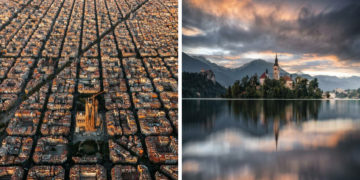








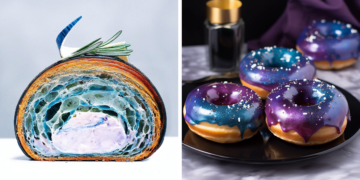
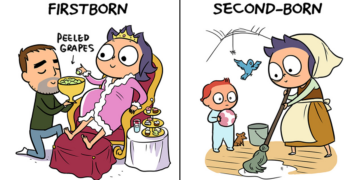

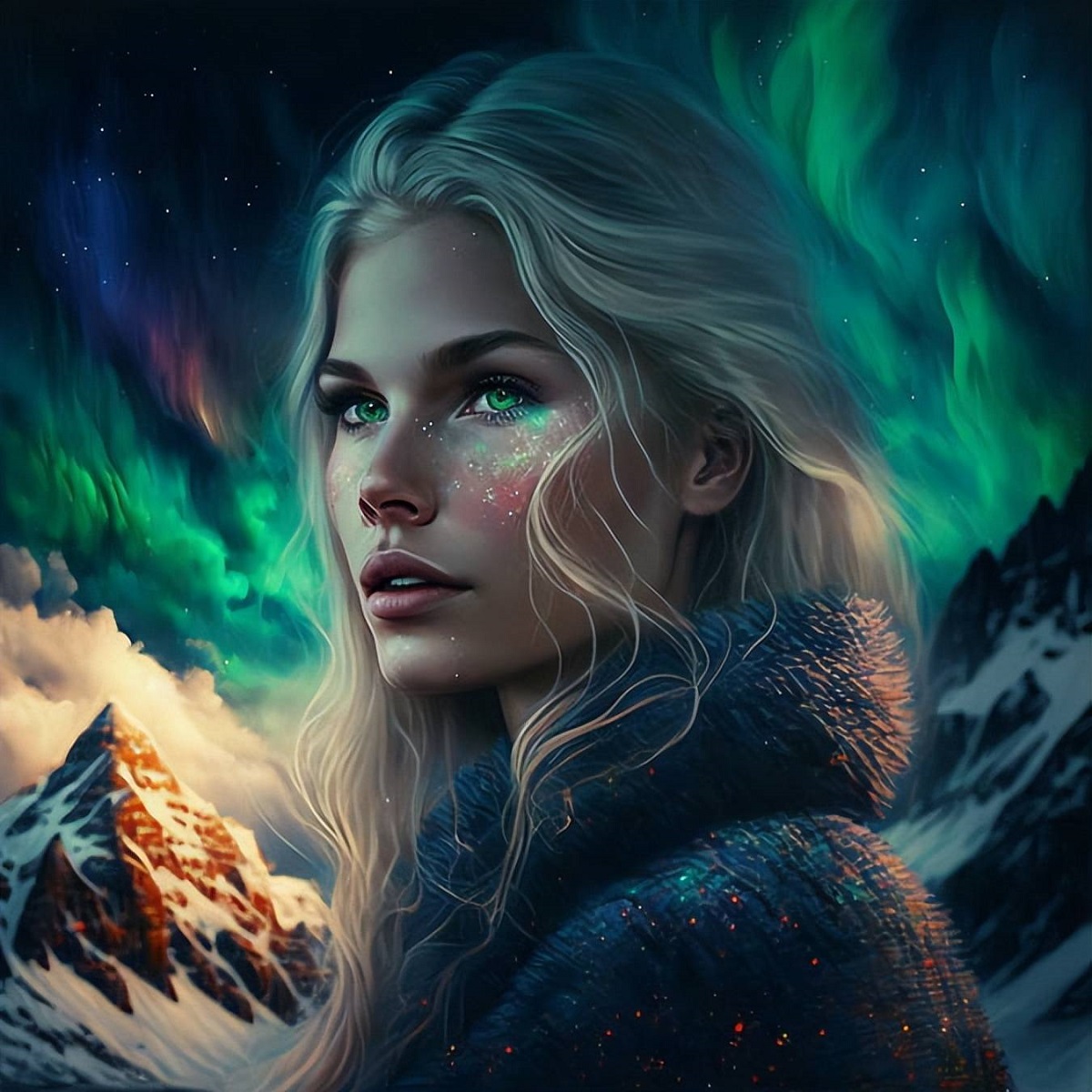
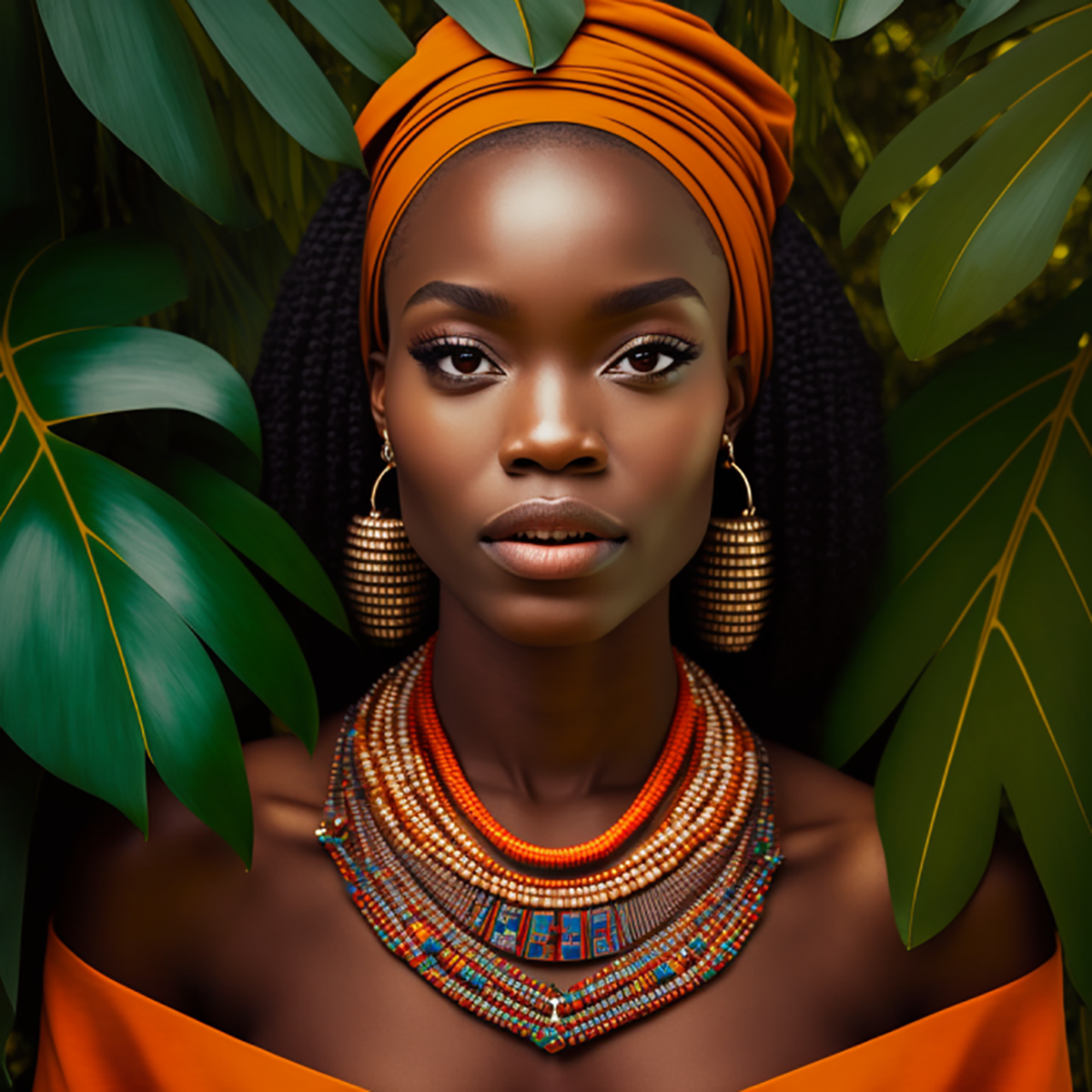
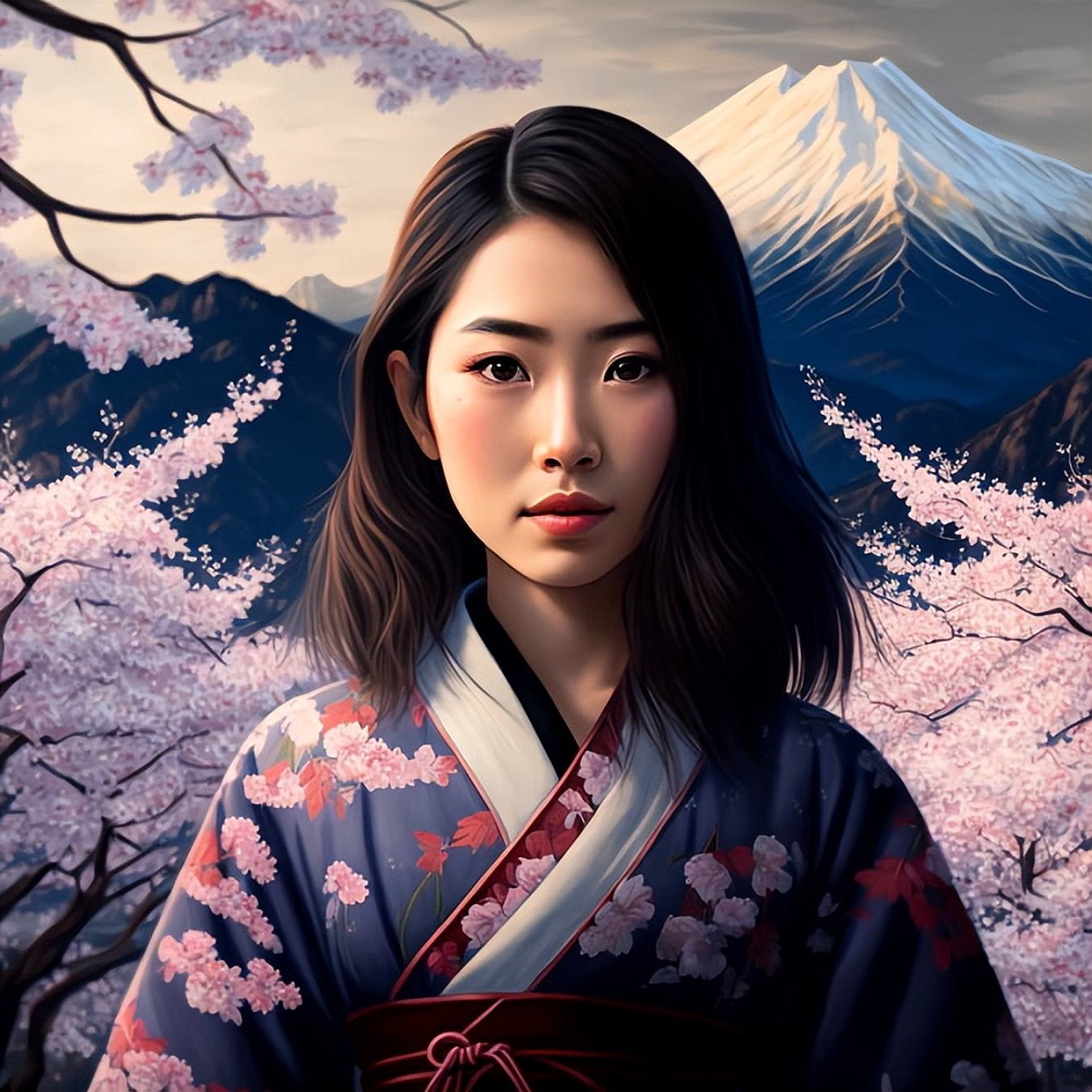
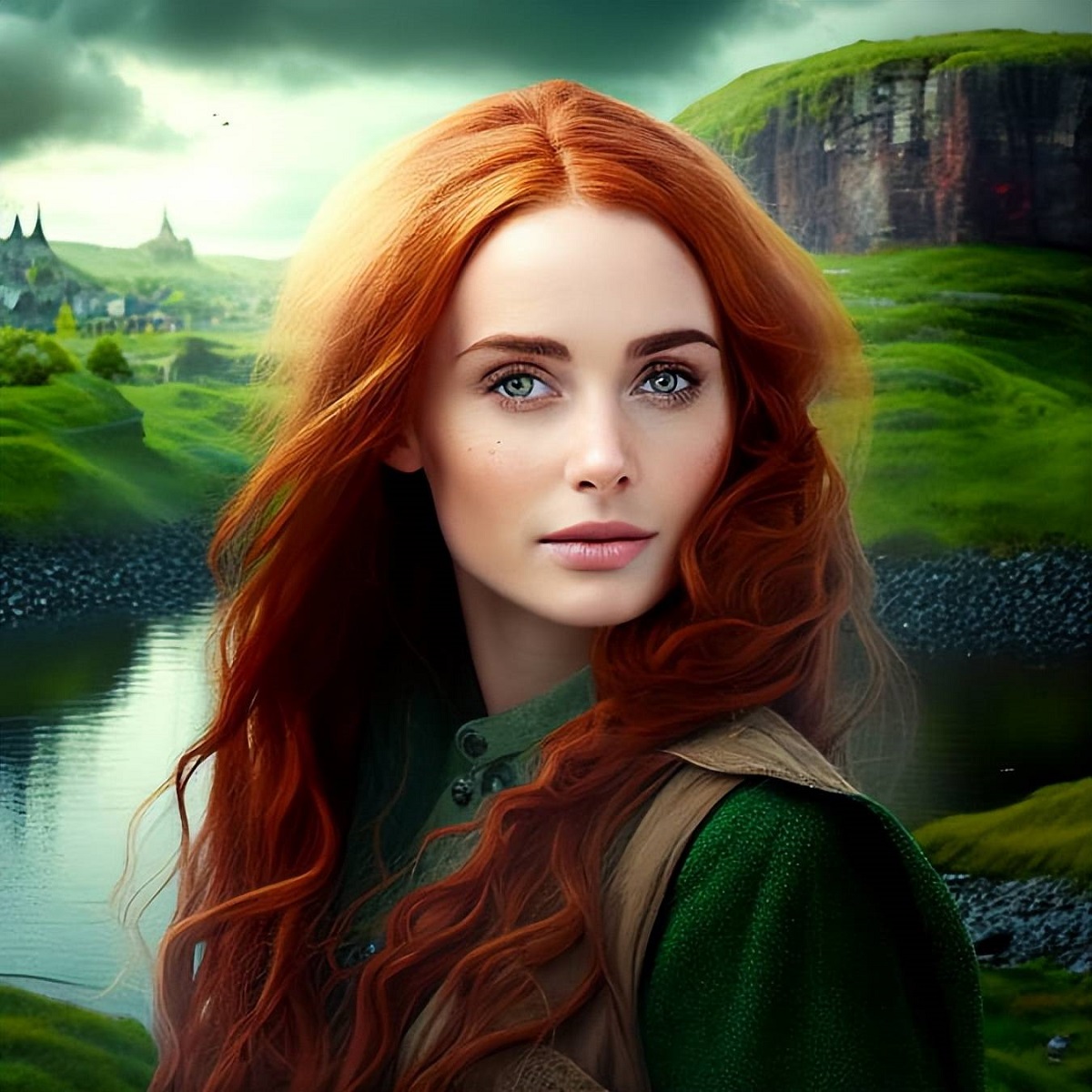
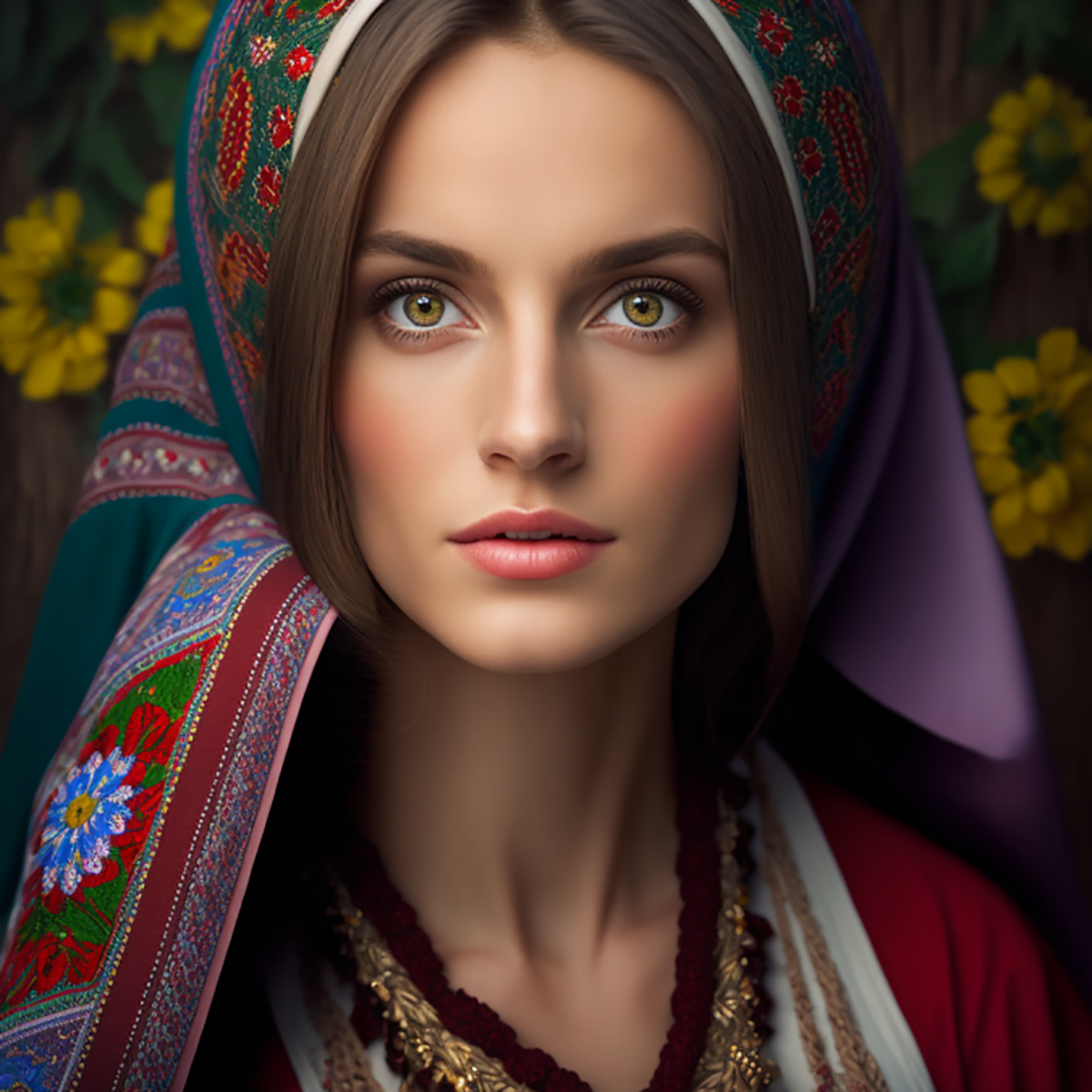
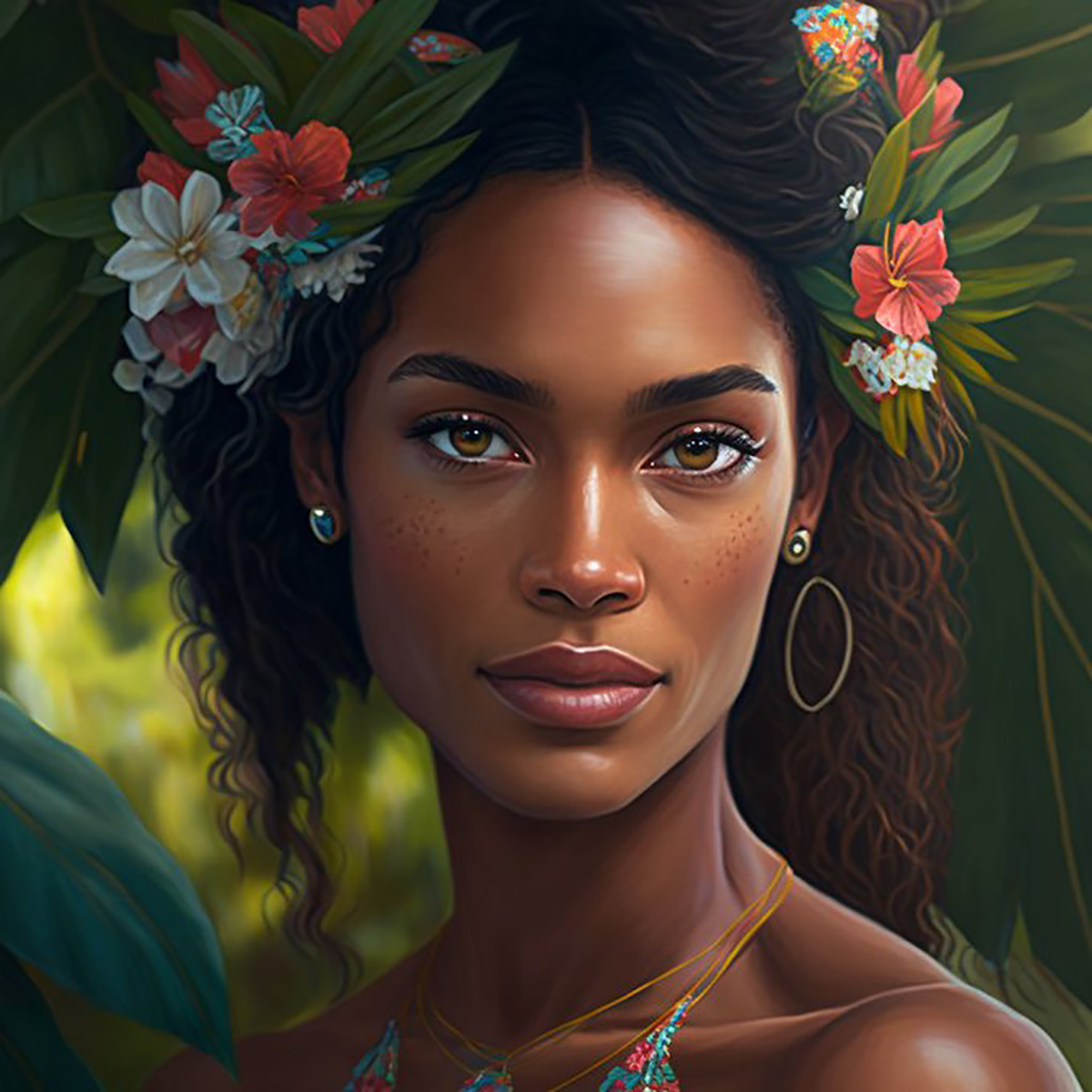
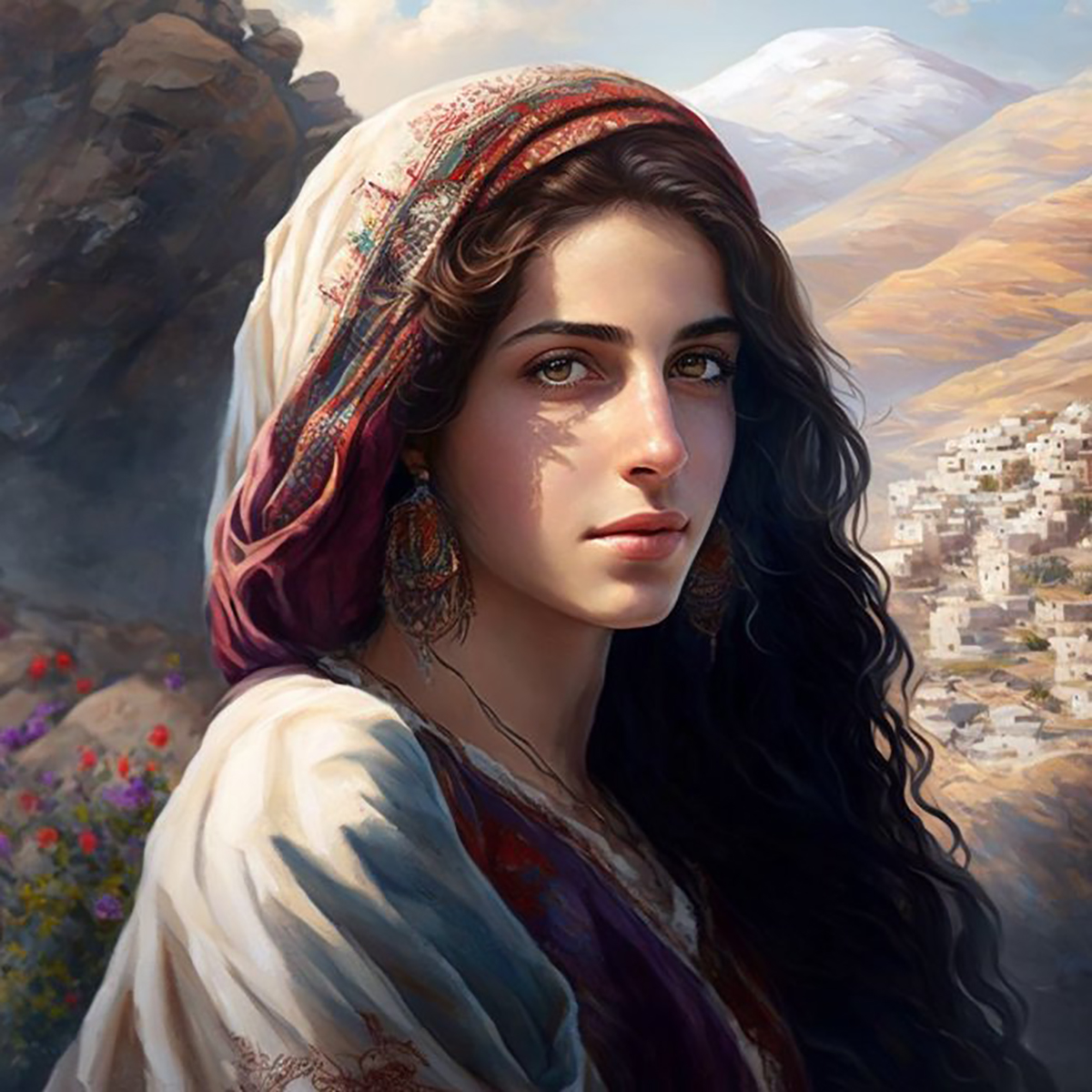
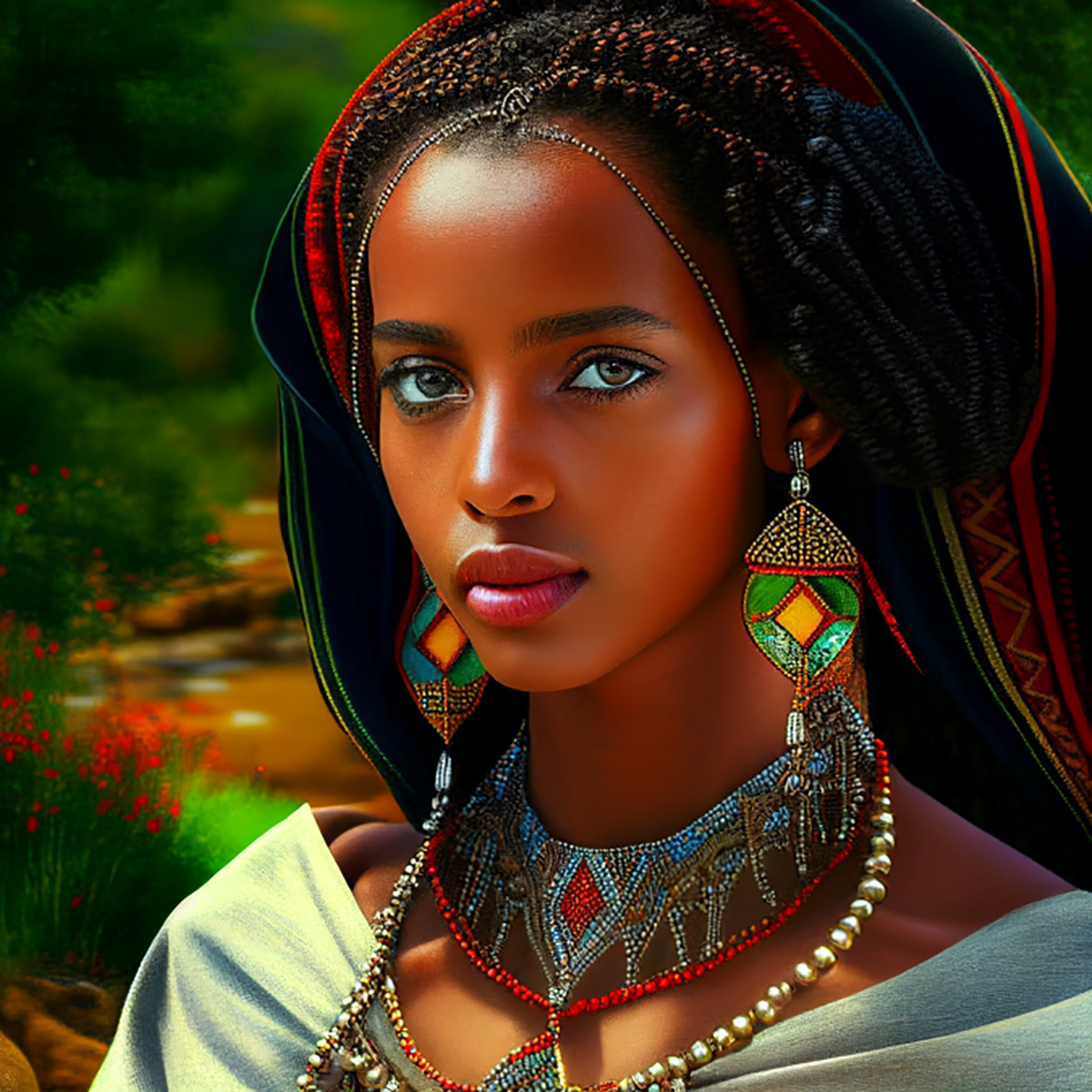
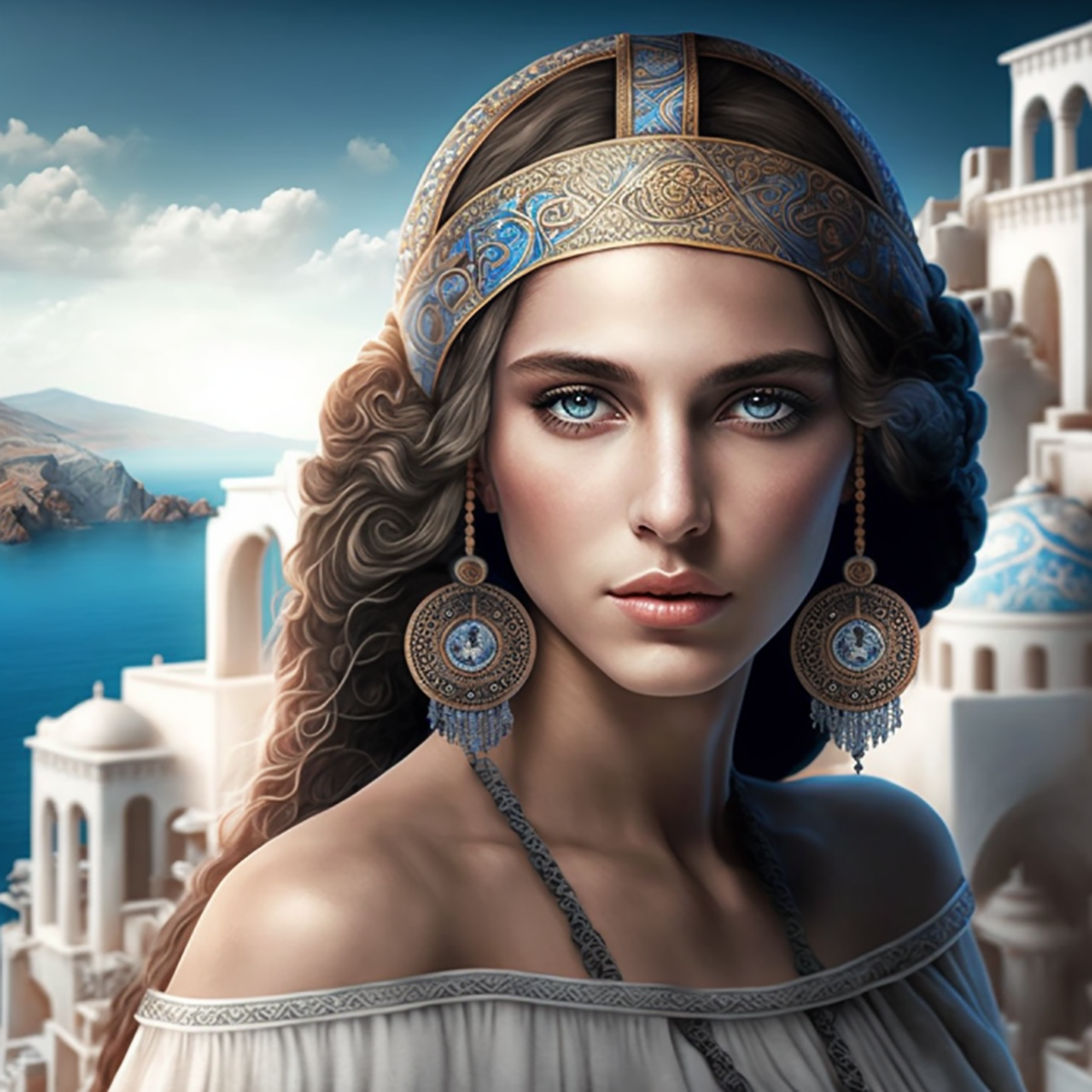
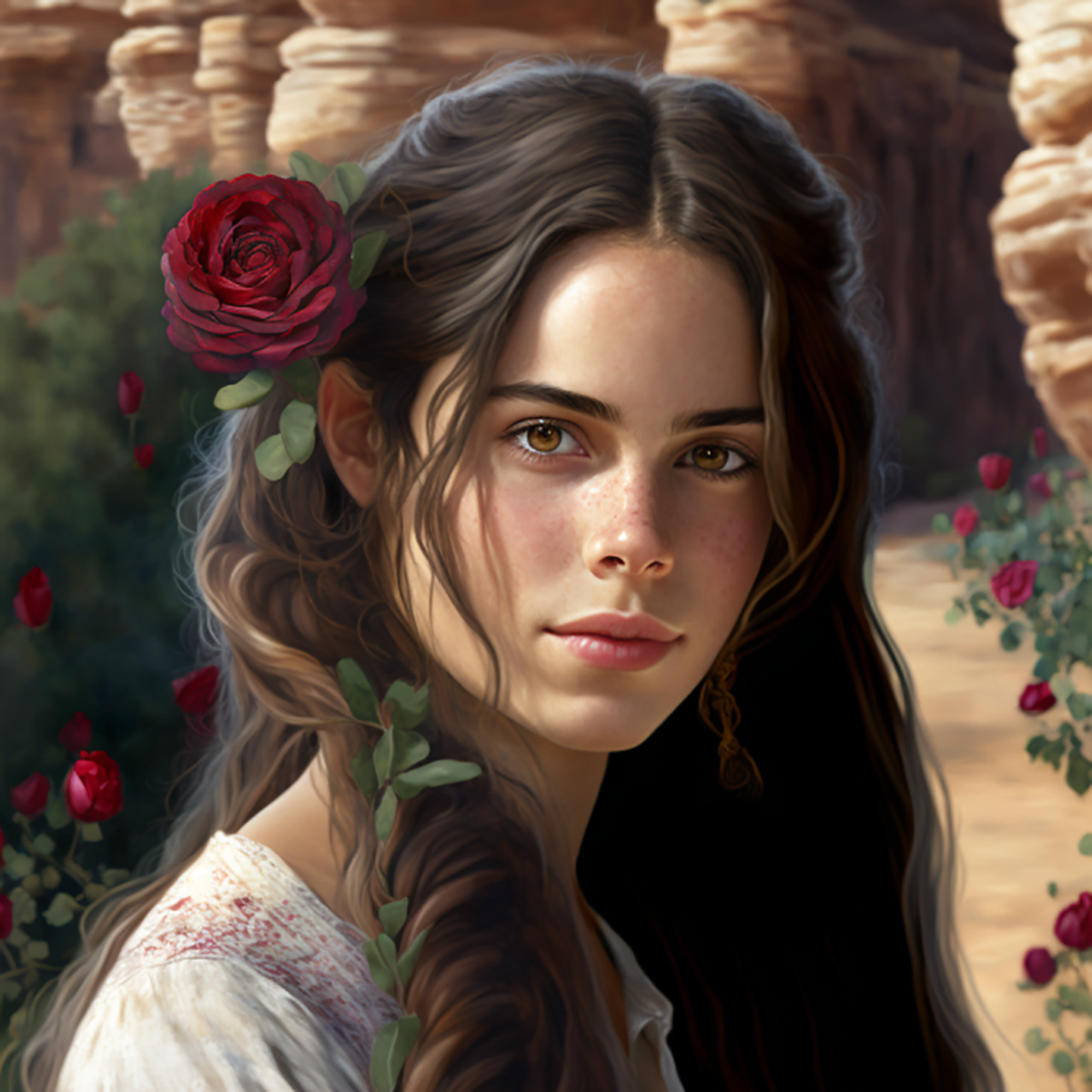
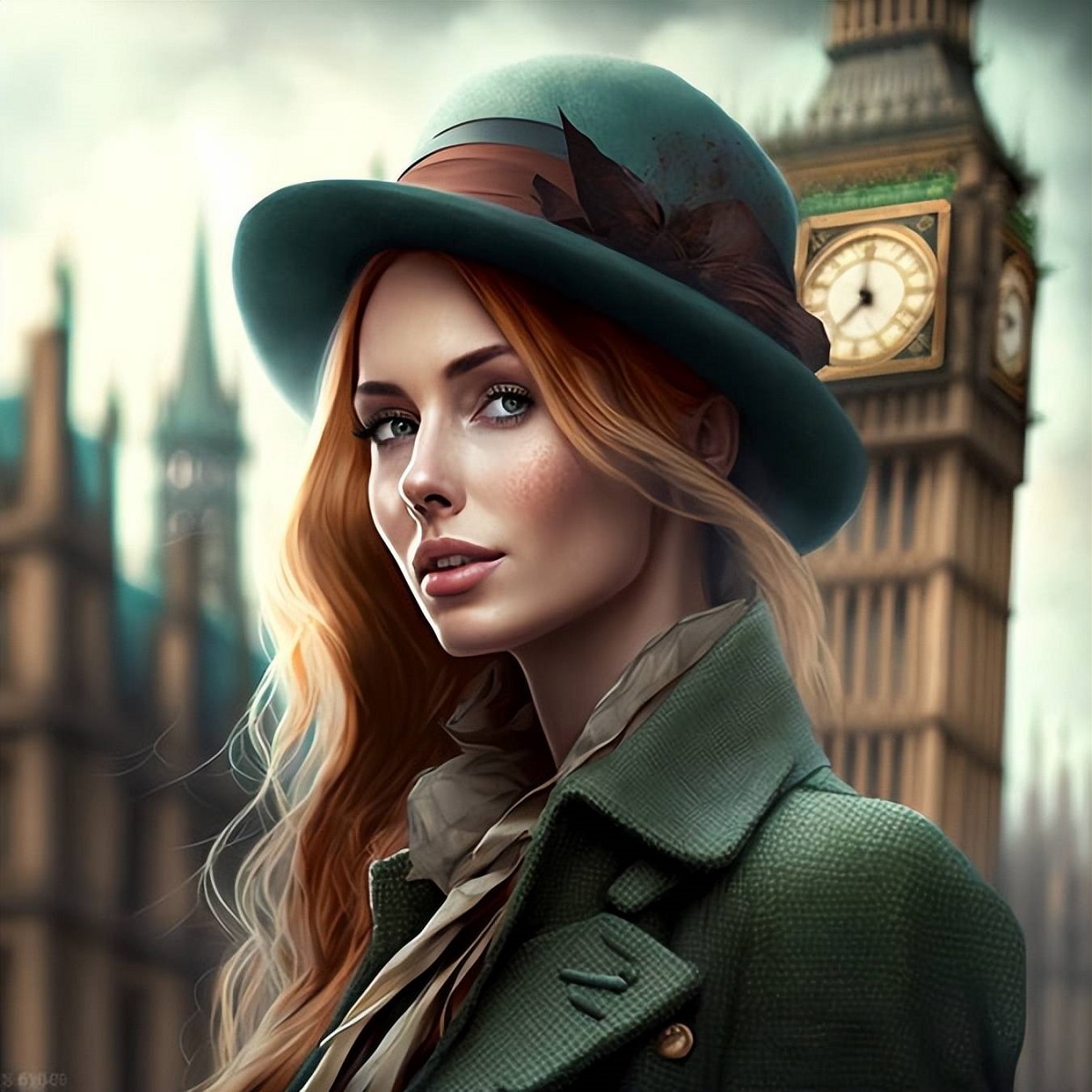
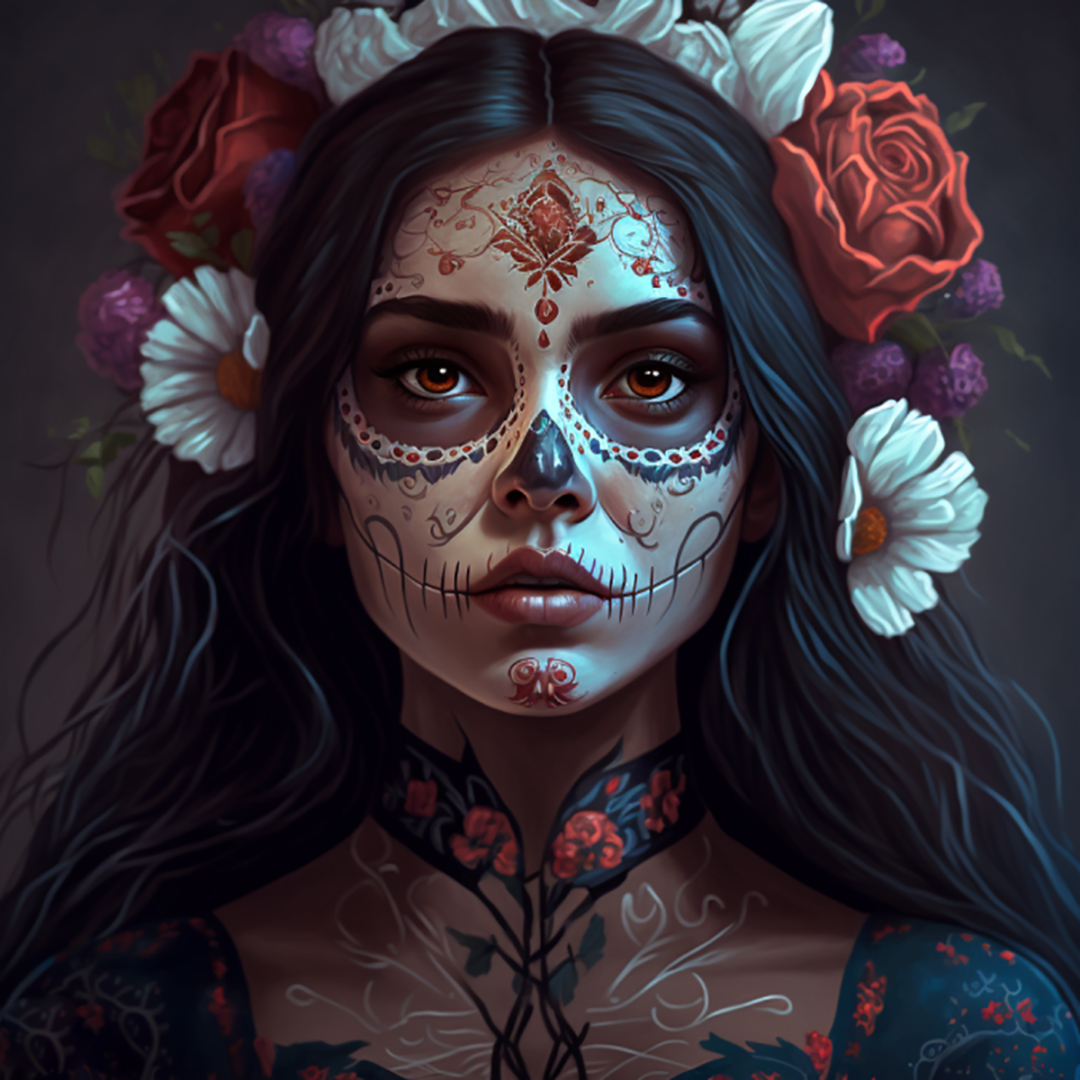
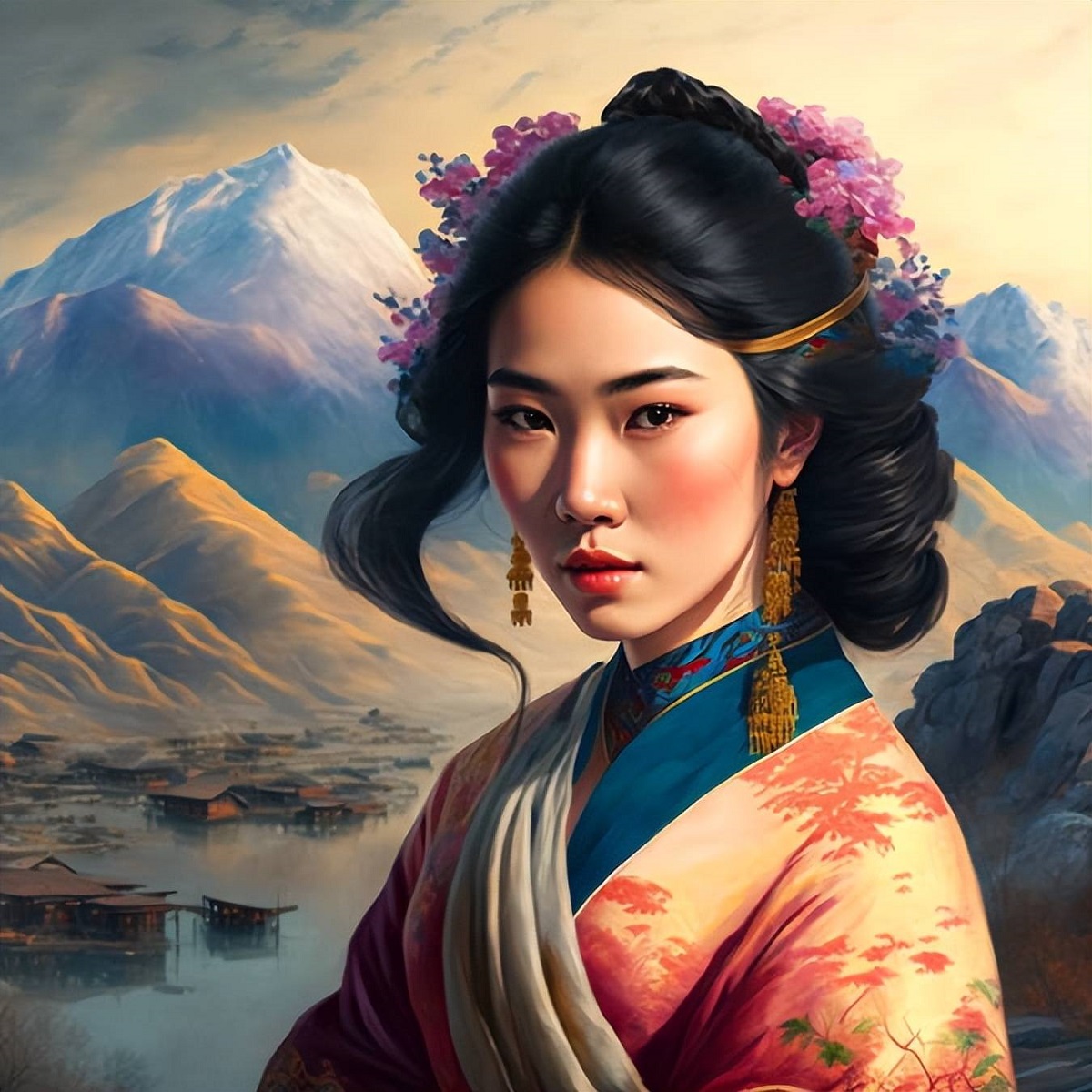
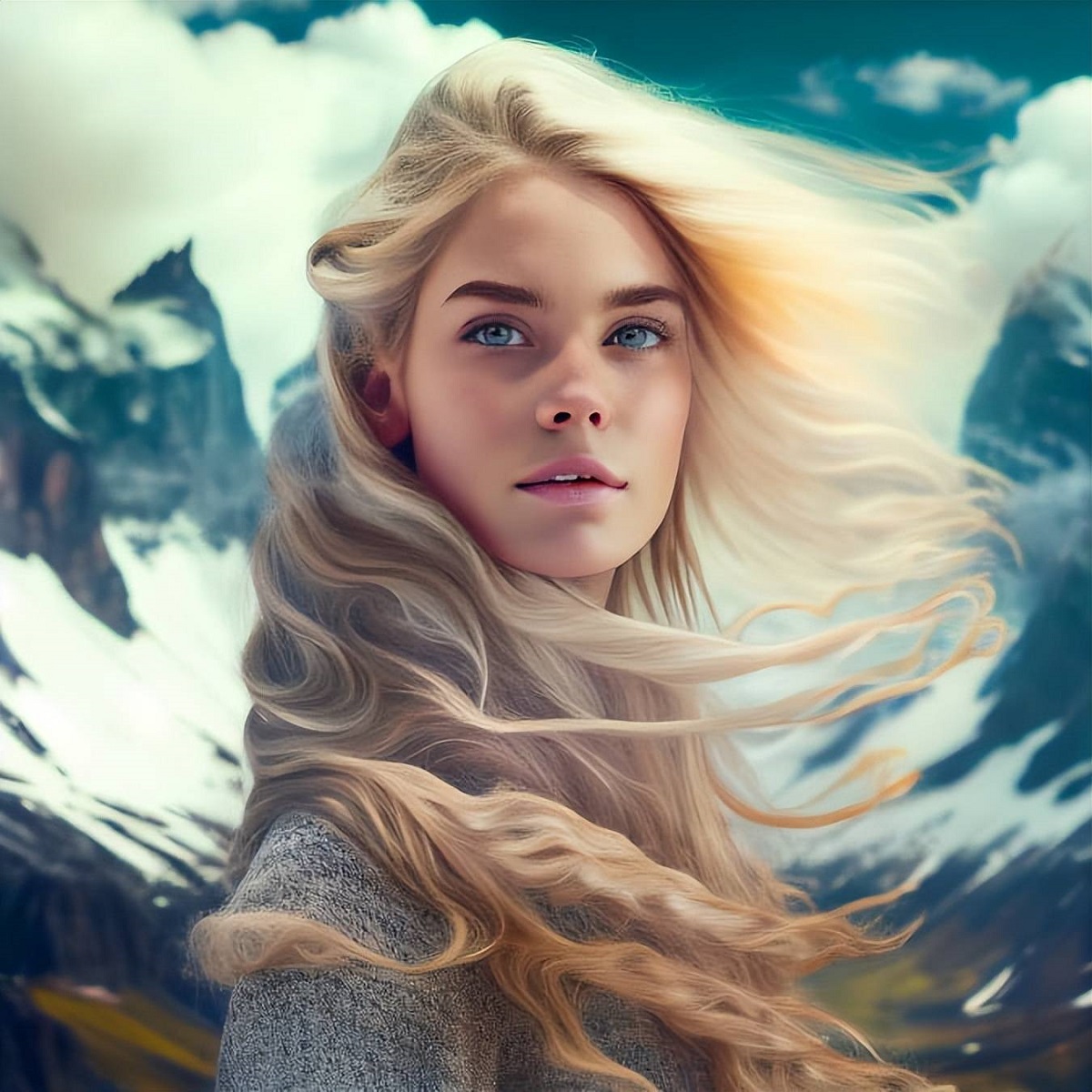
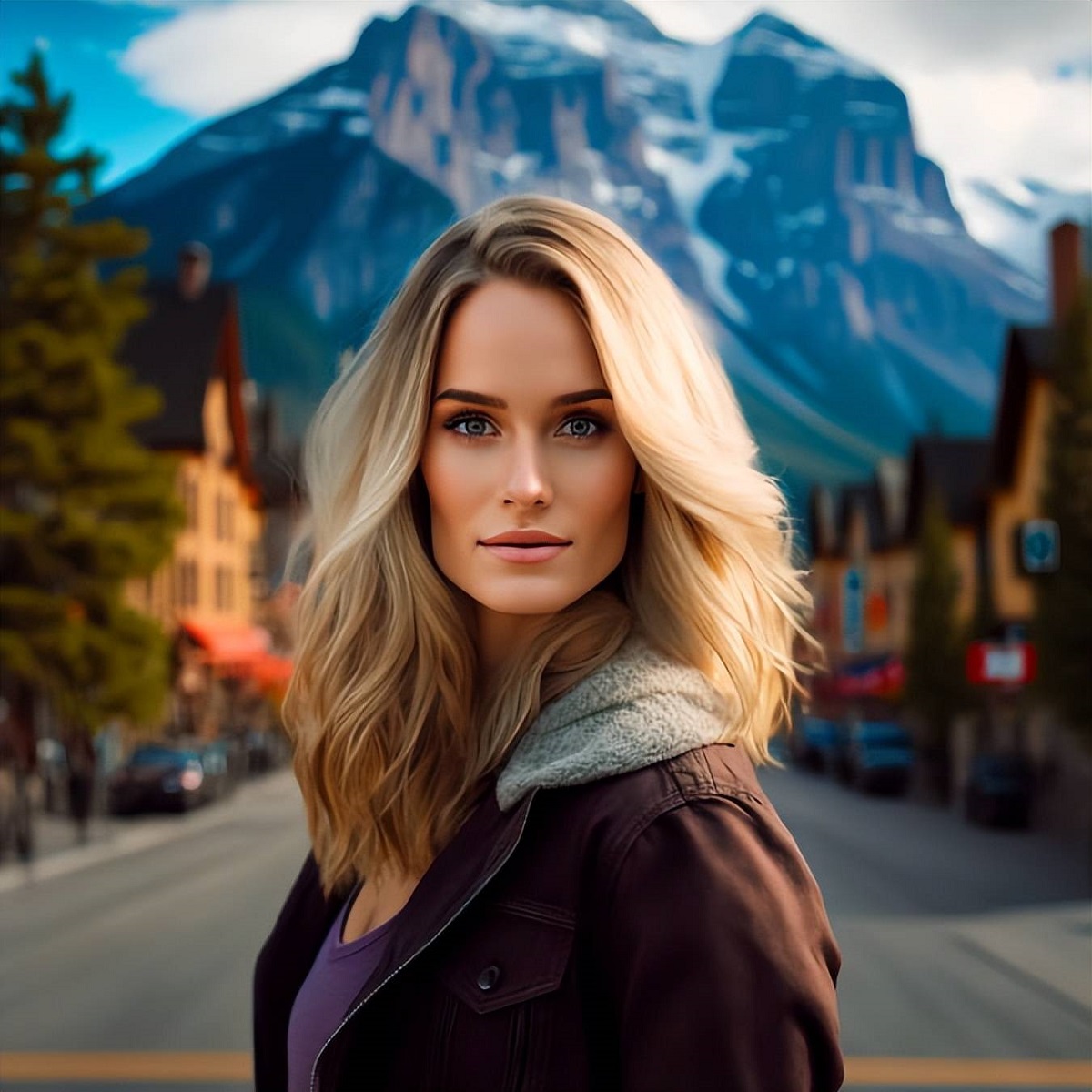
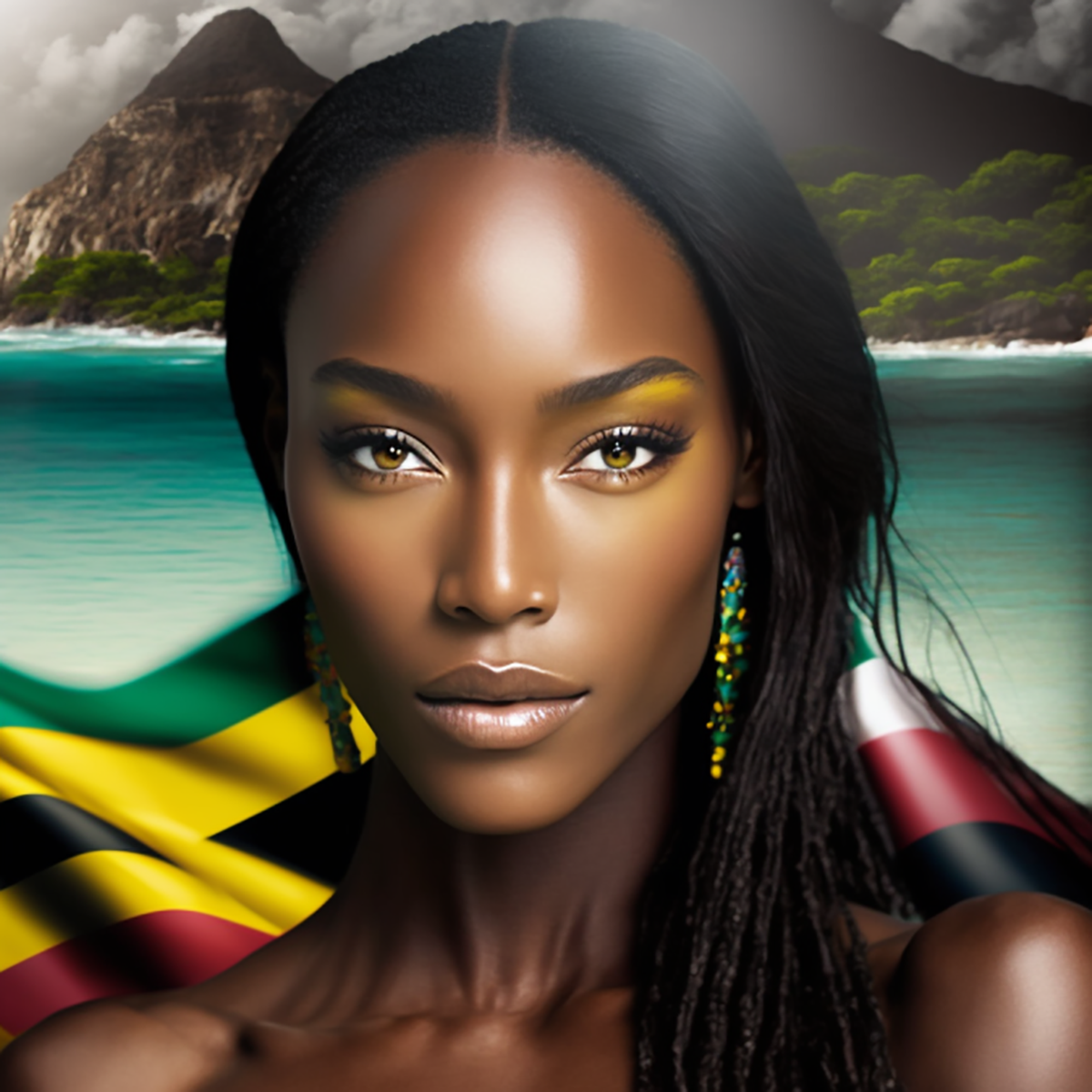
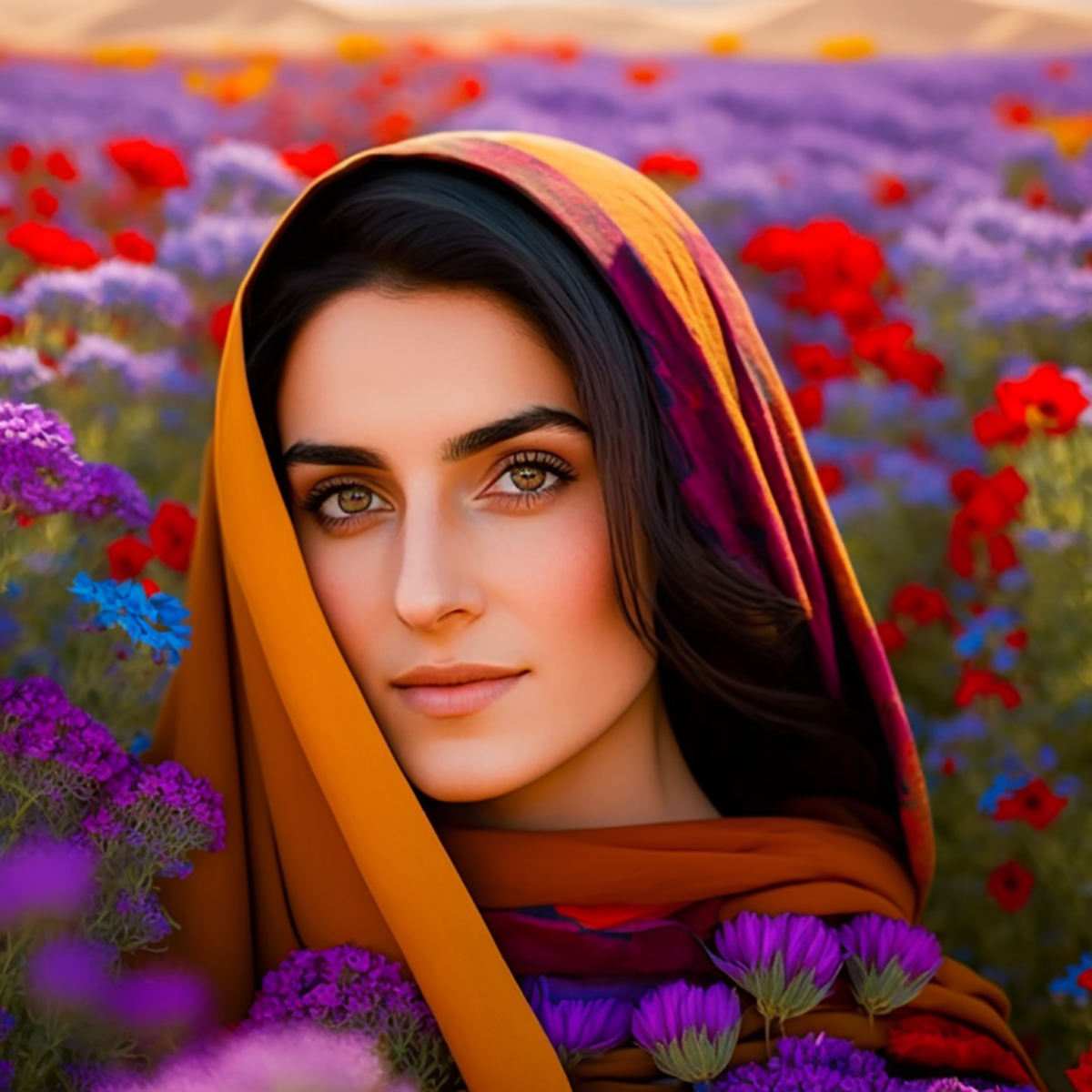
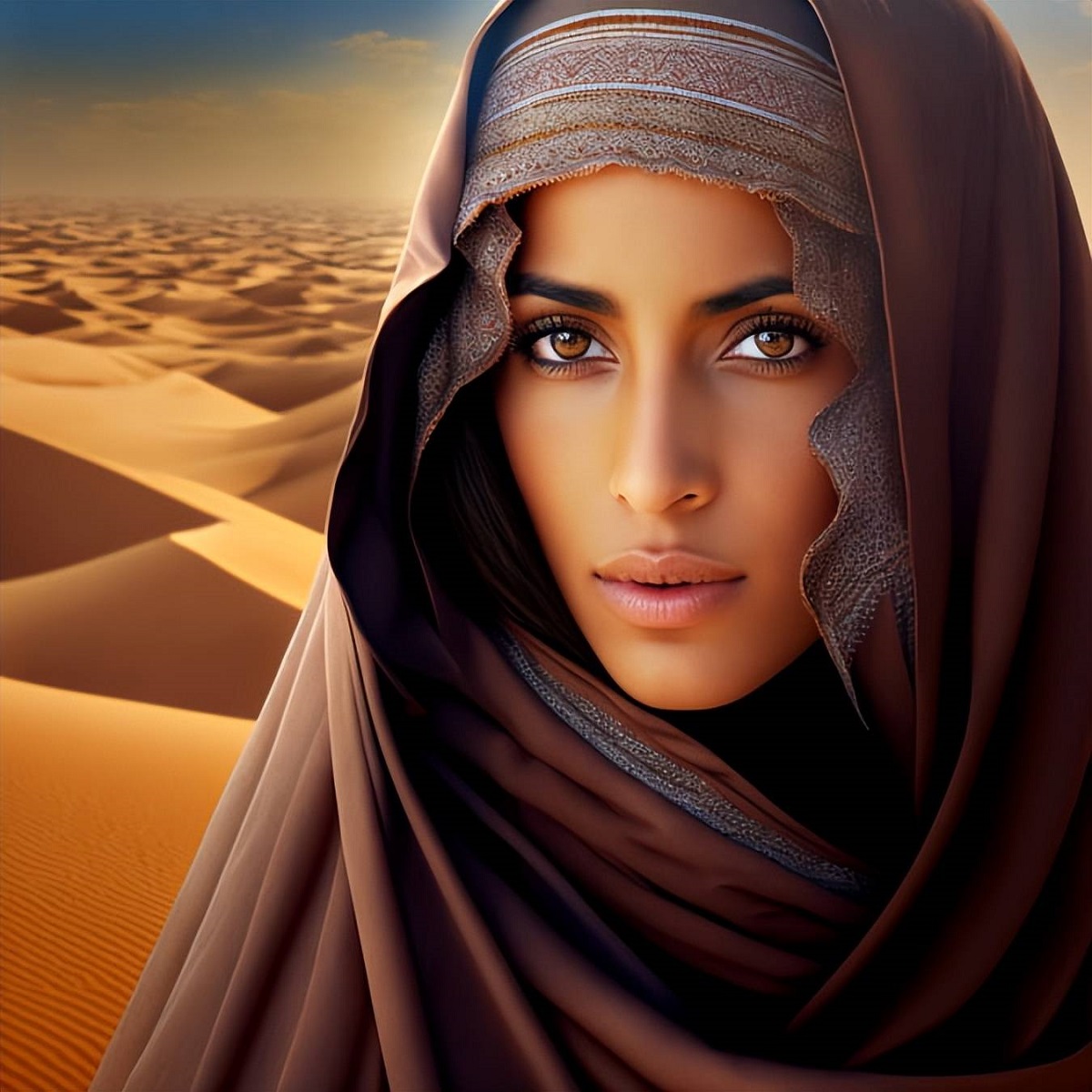
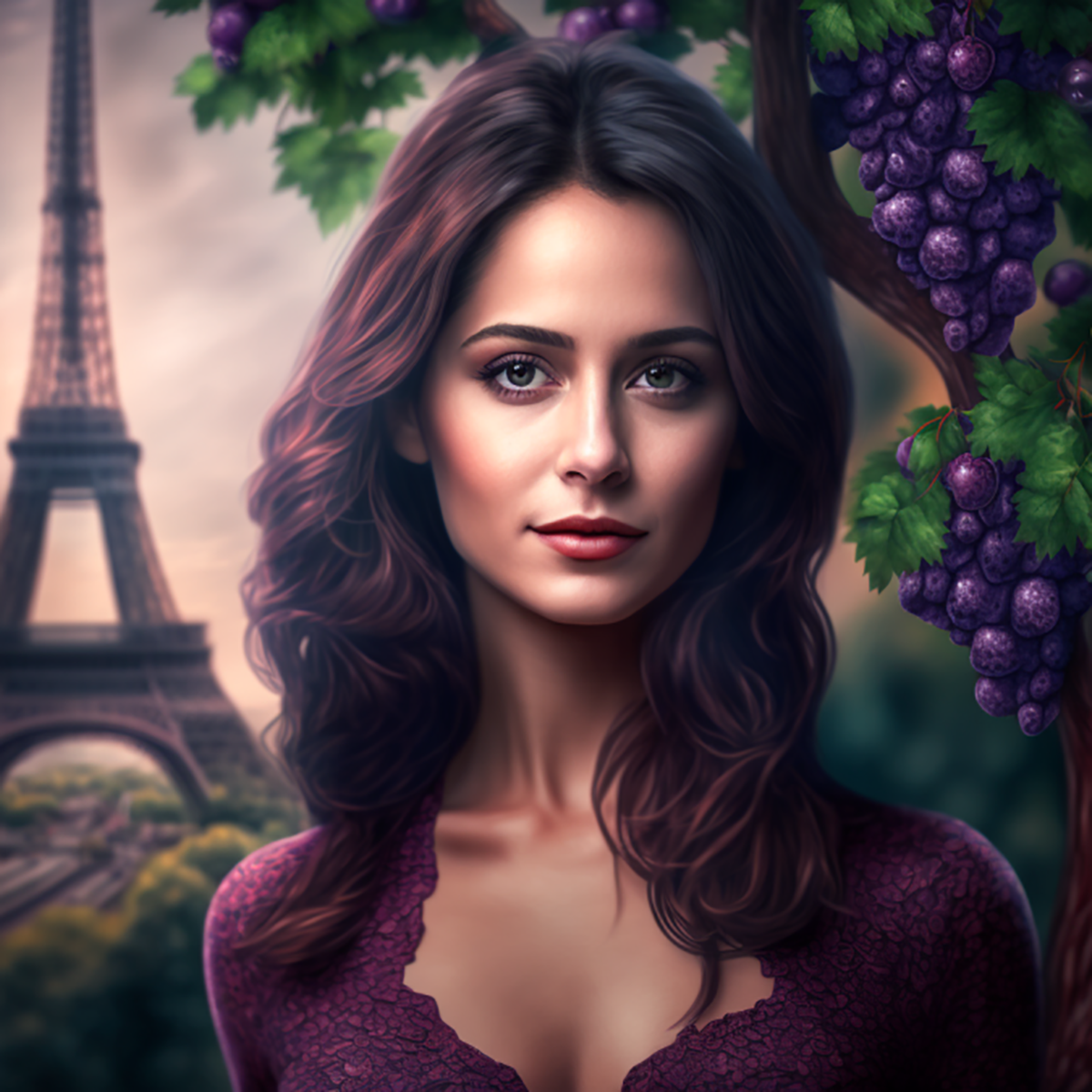
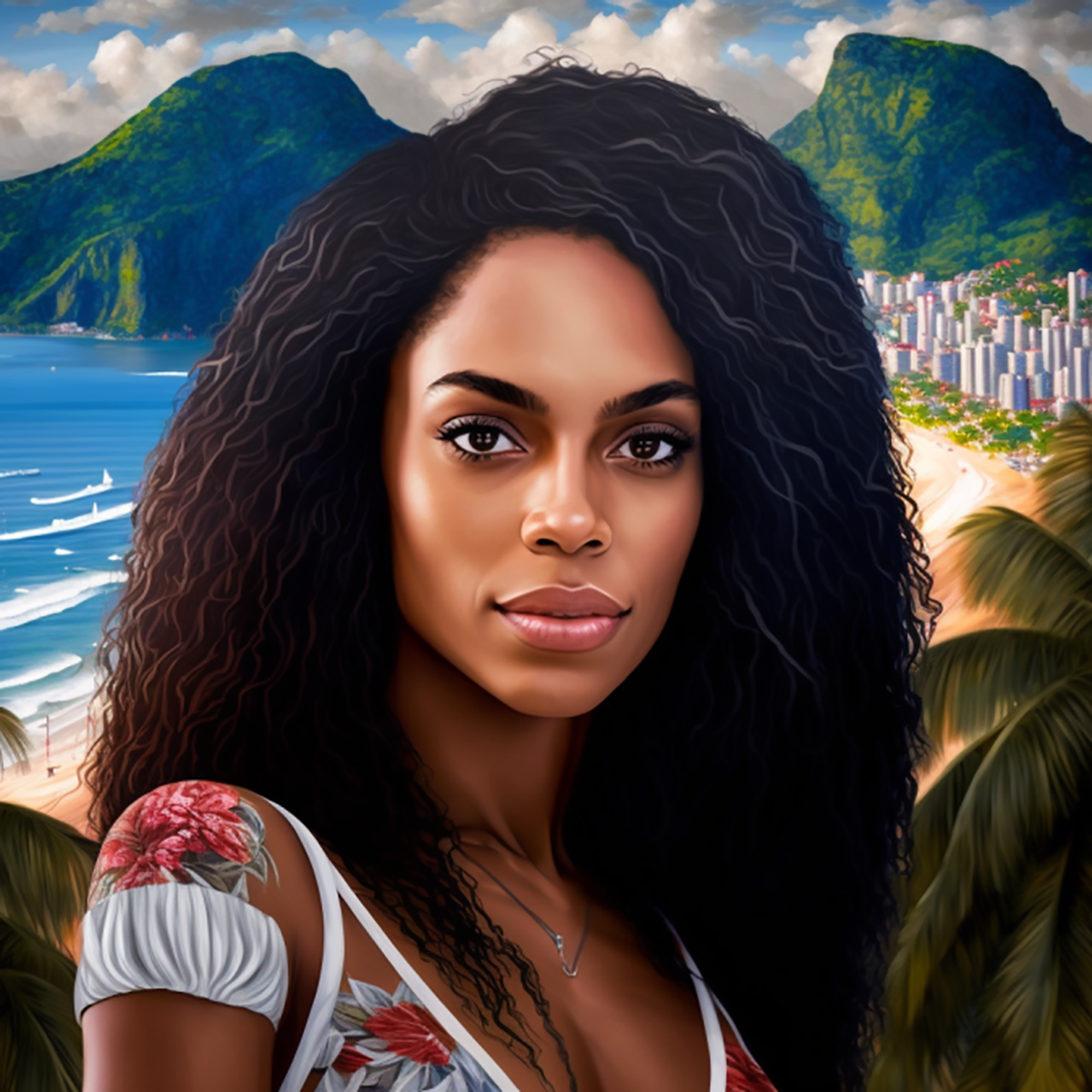
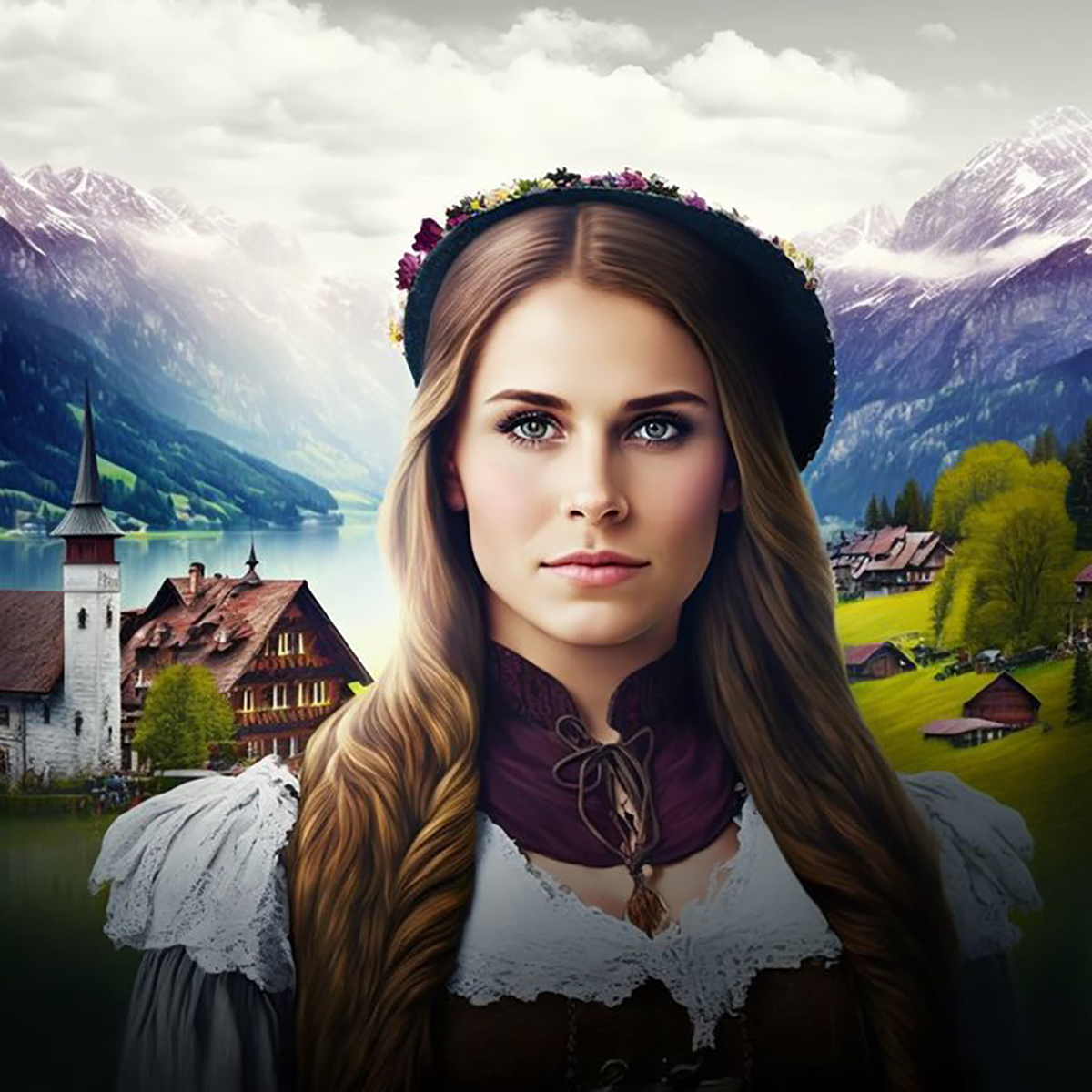
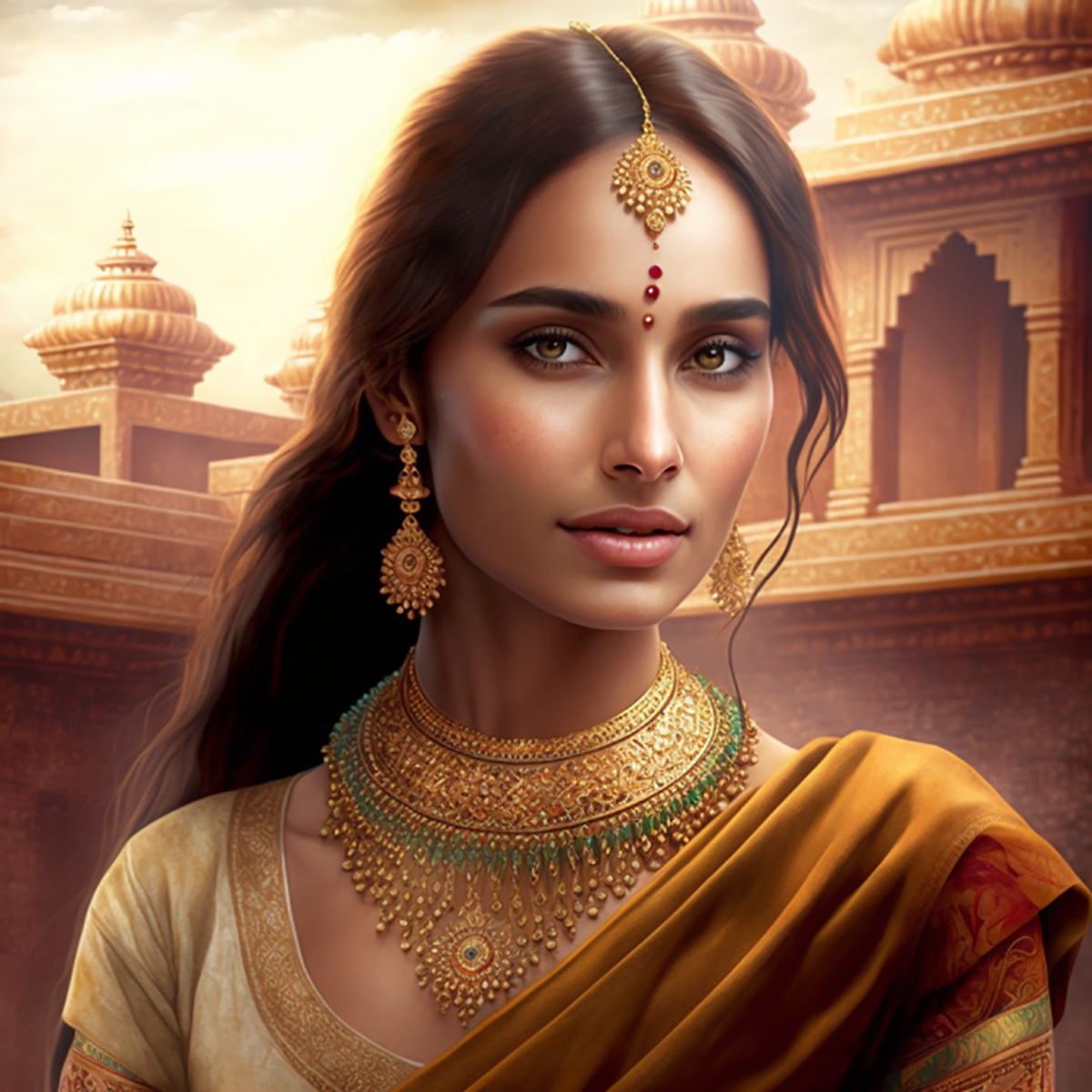
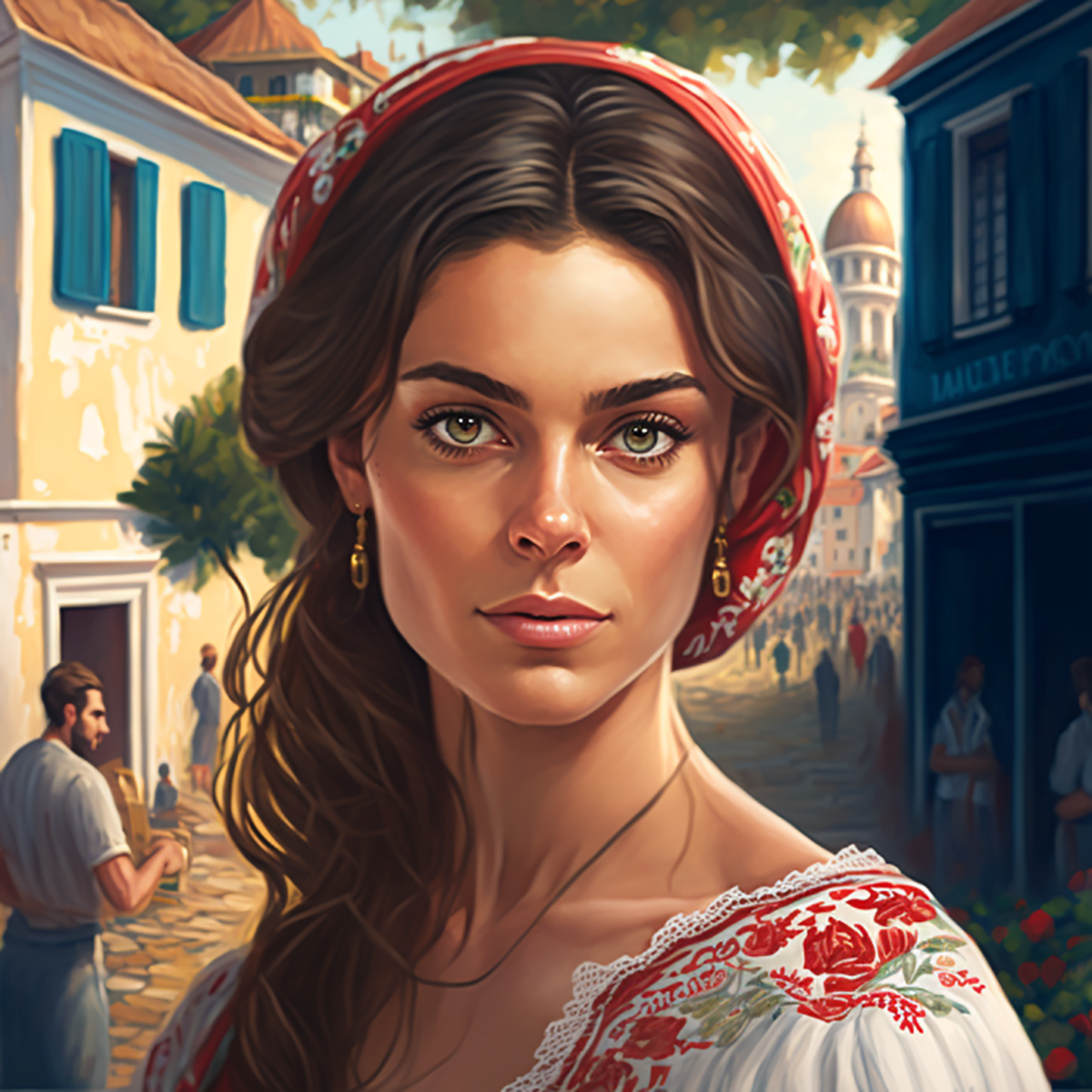
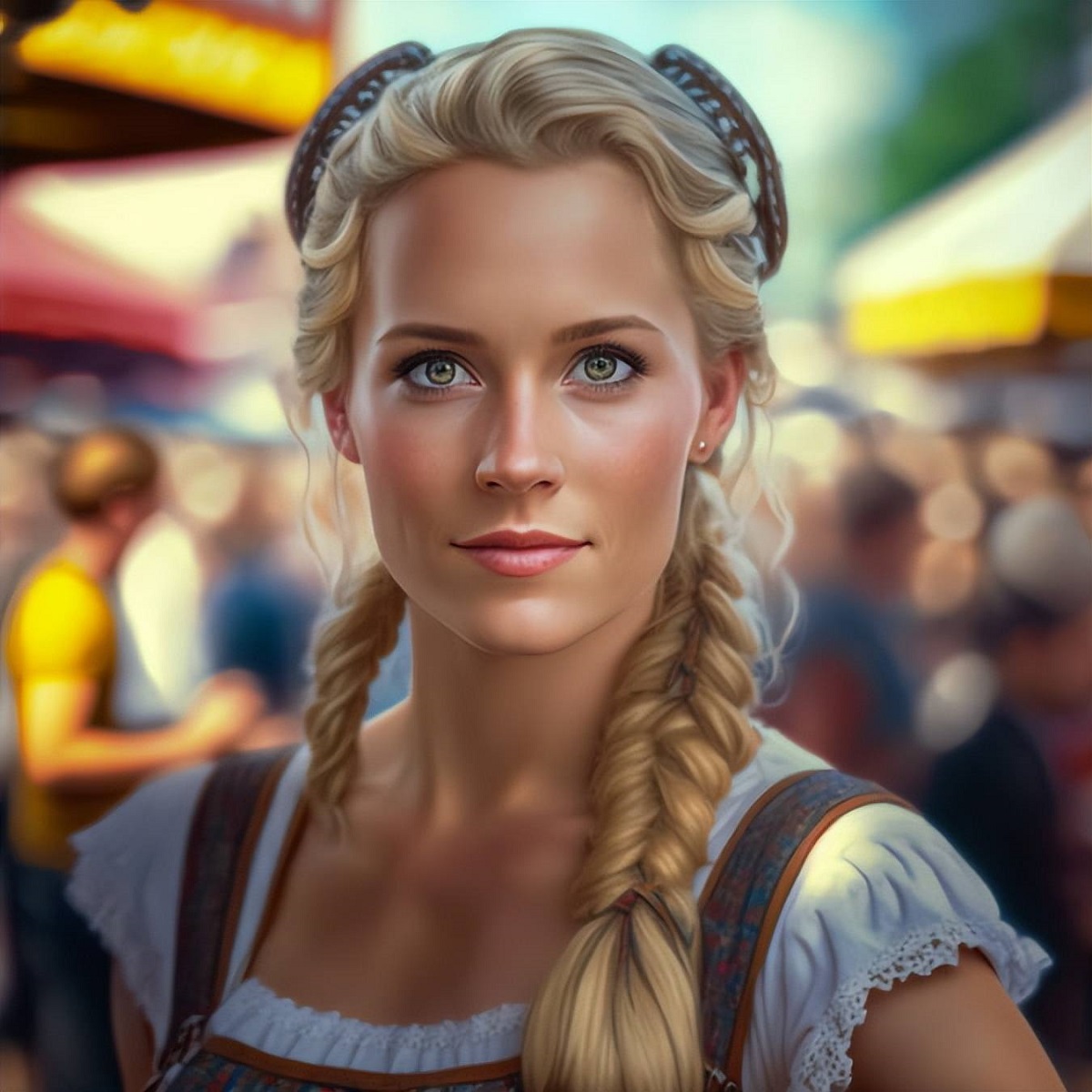
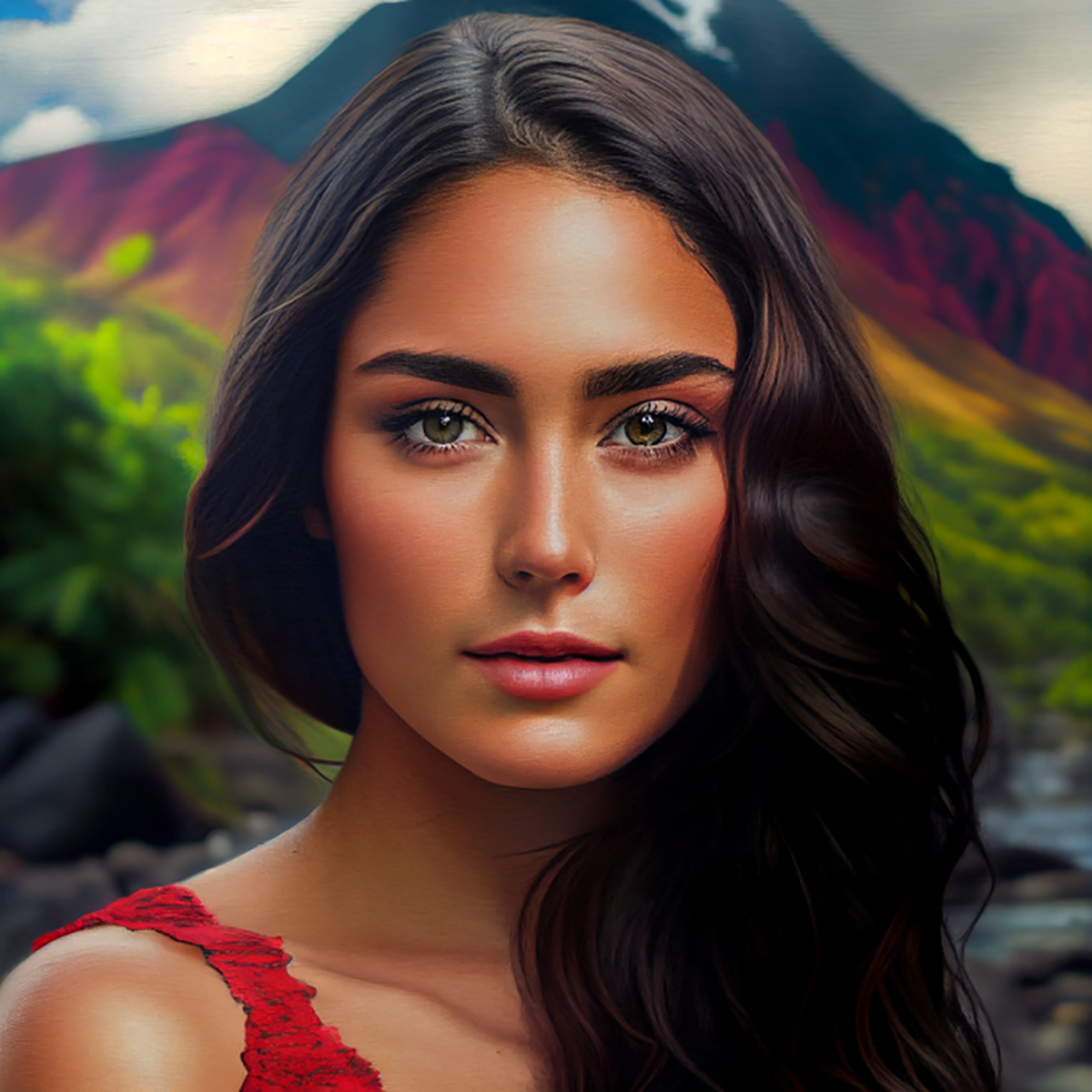
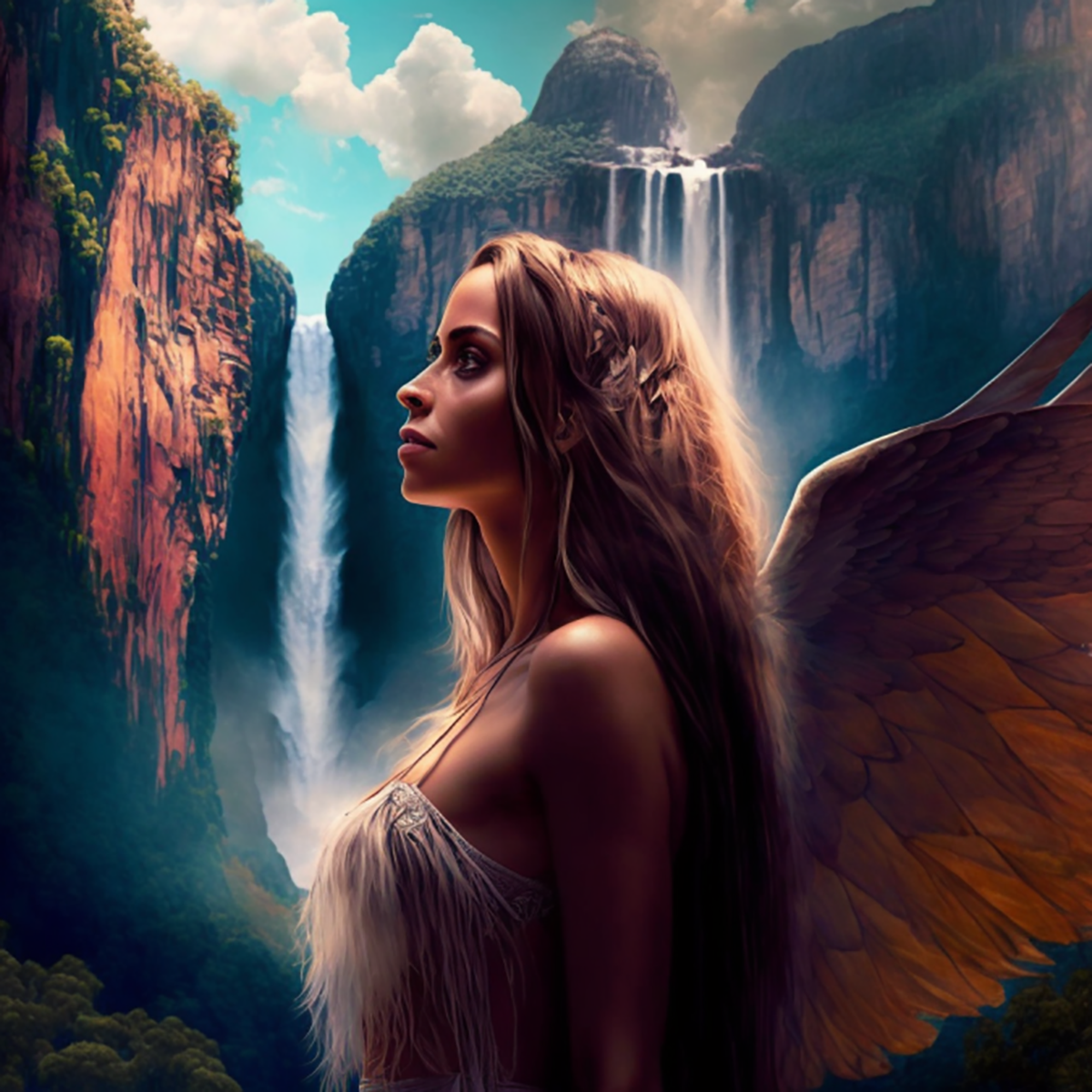
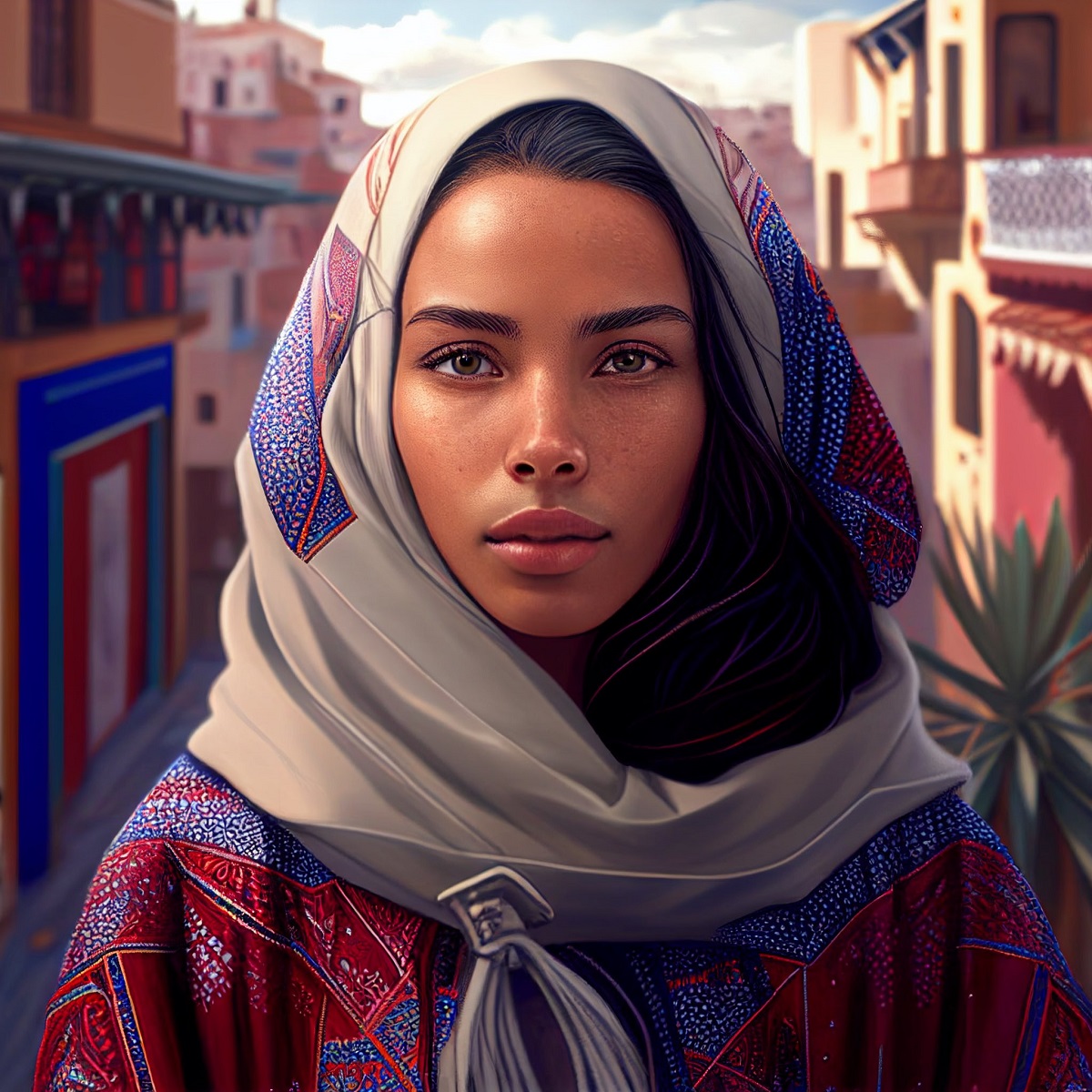
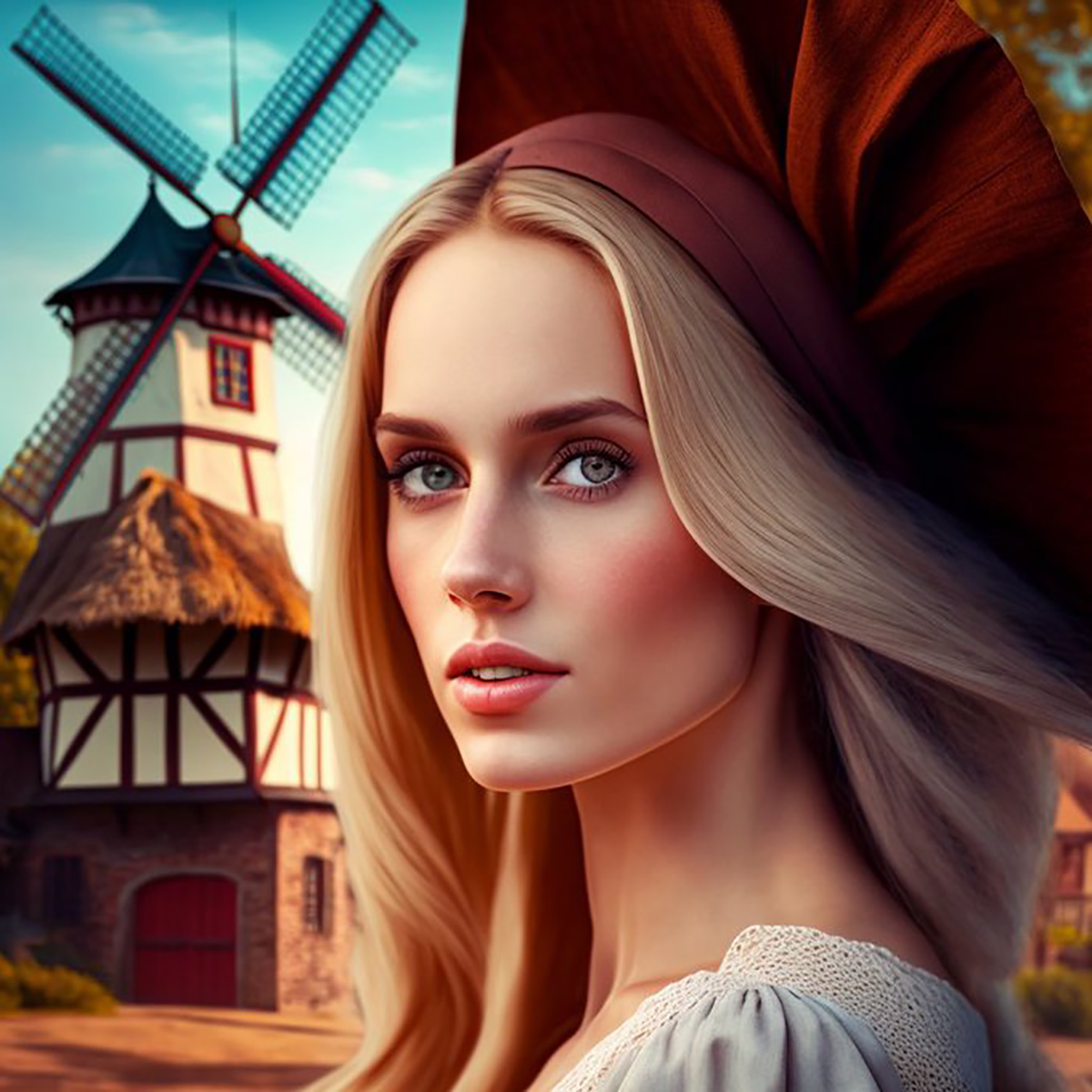
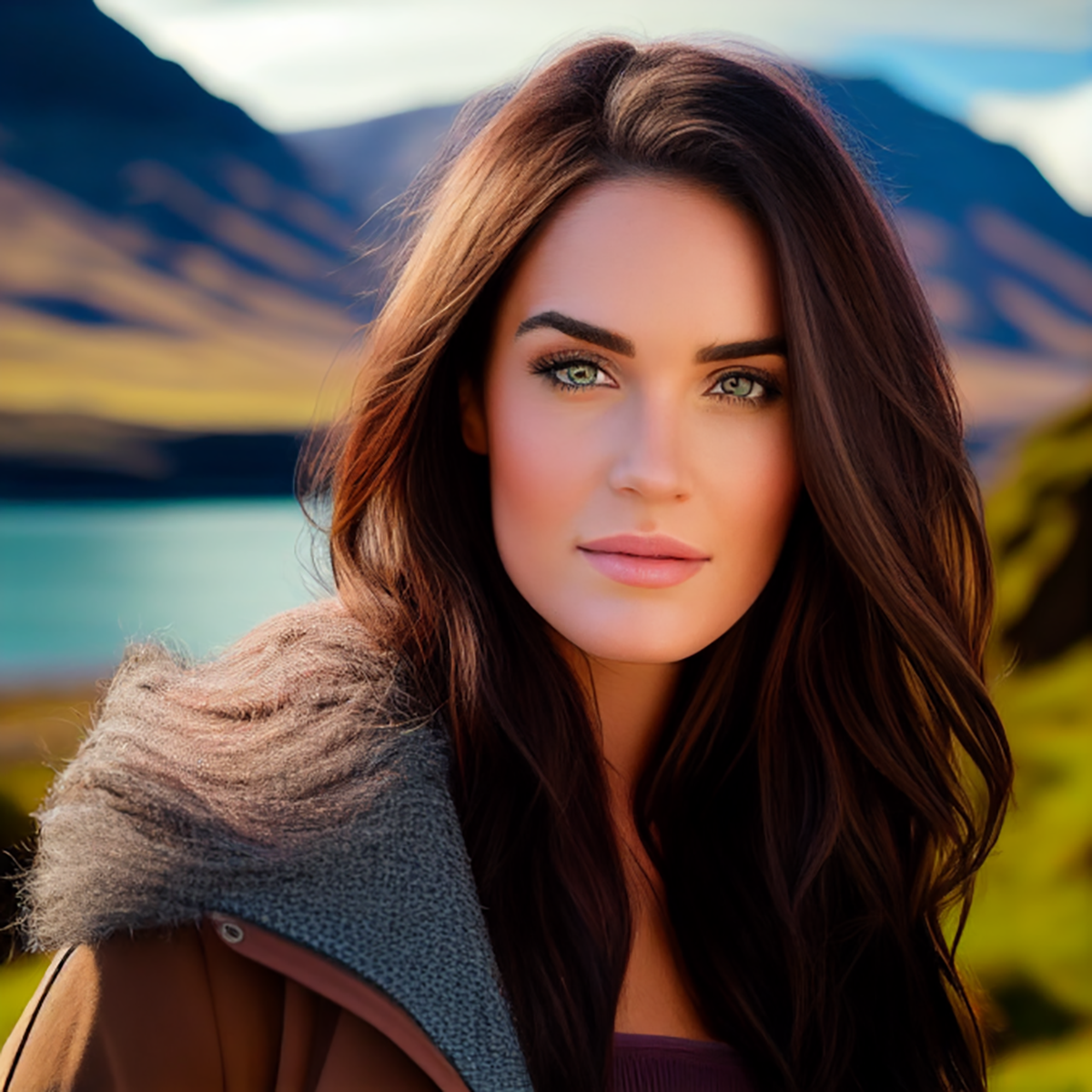
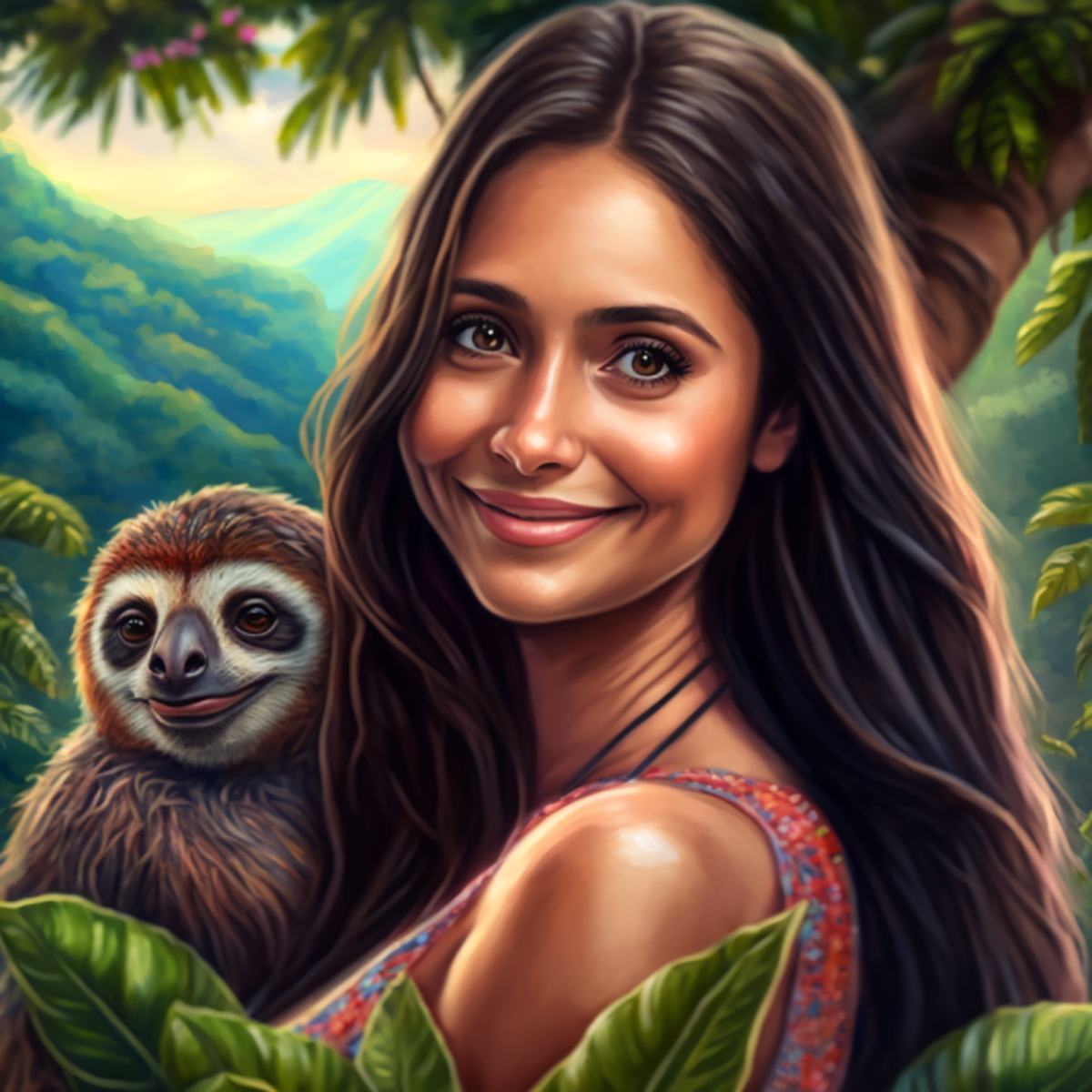









Discussion about this post